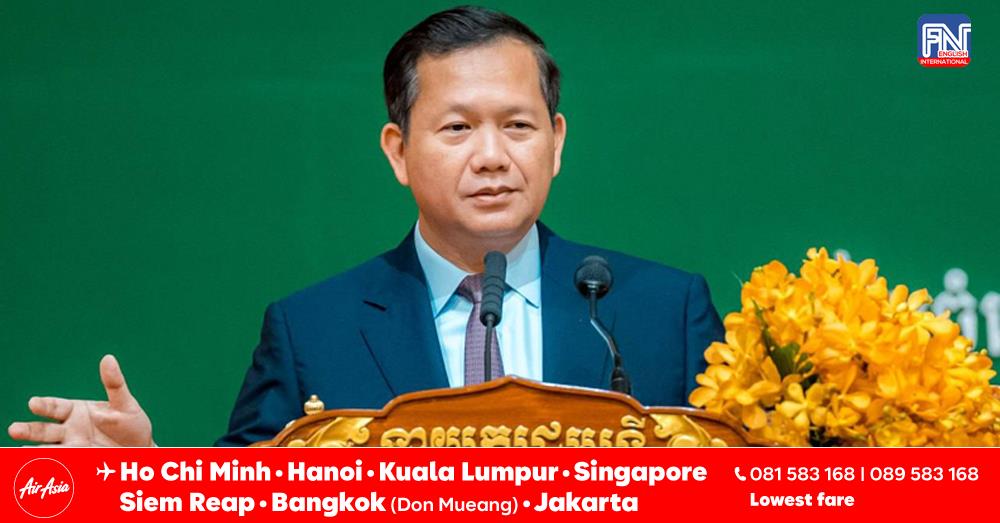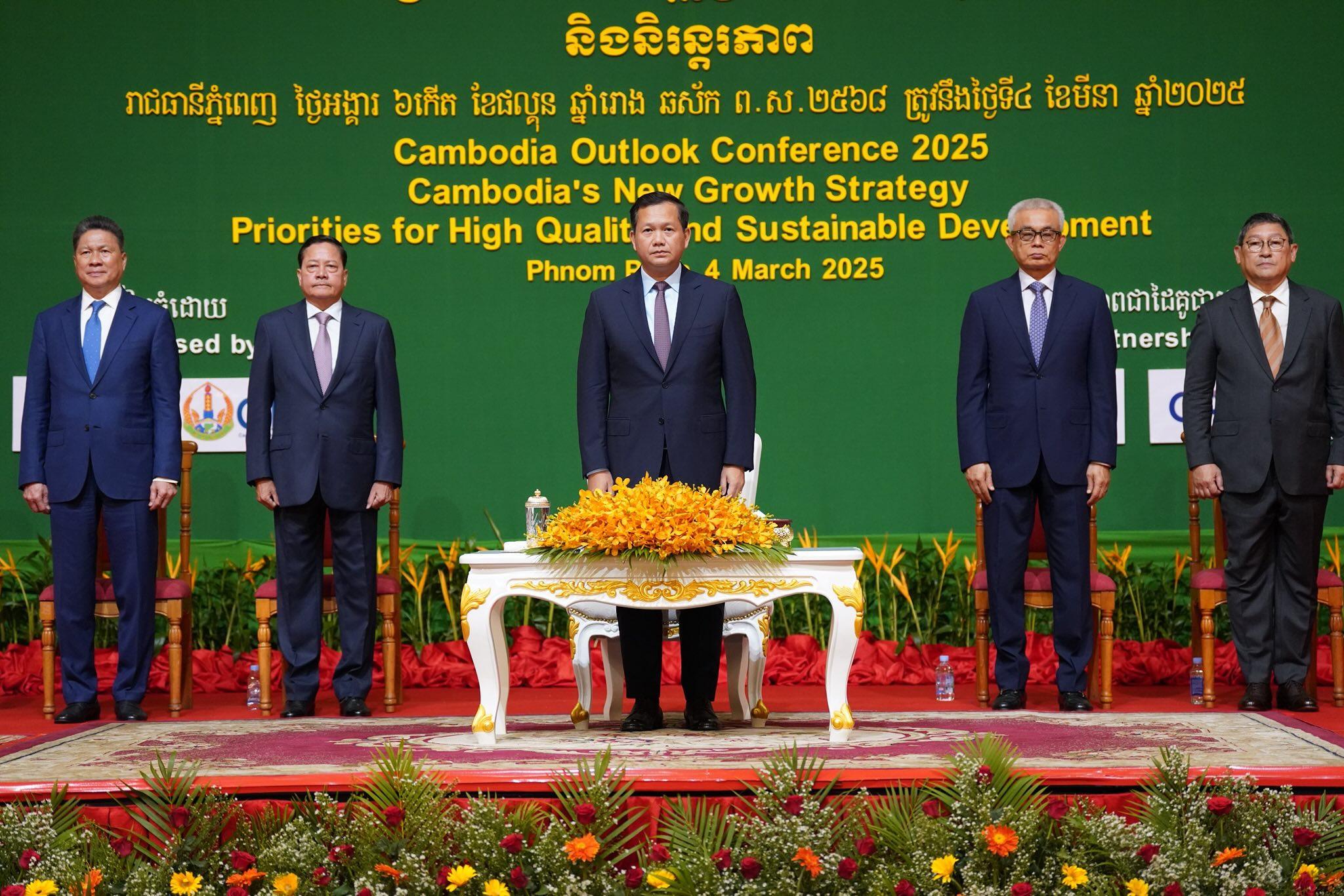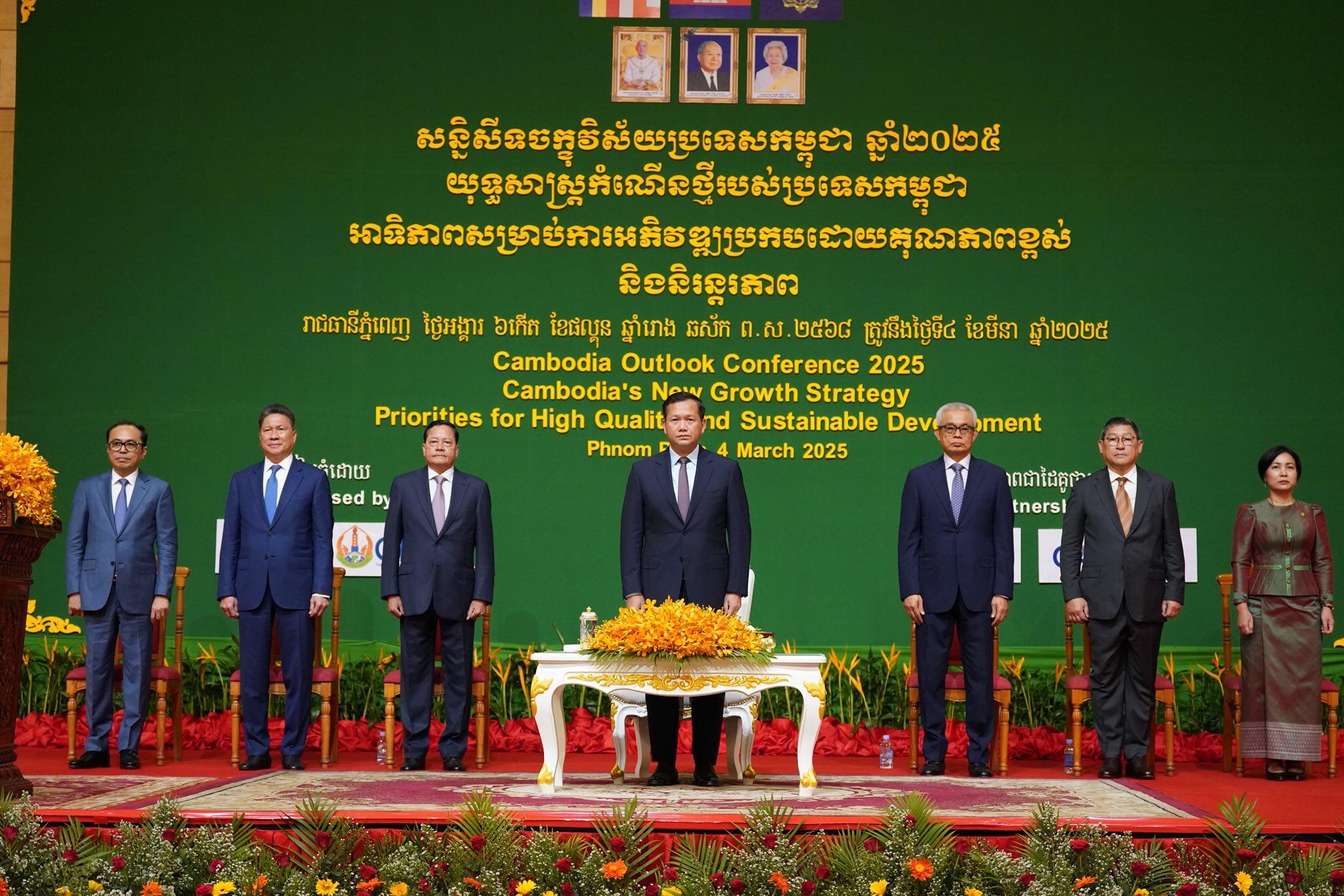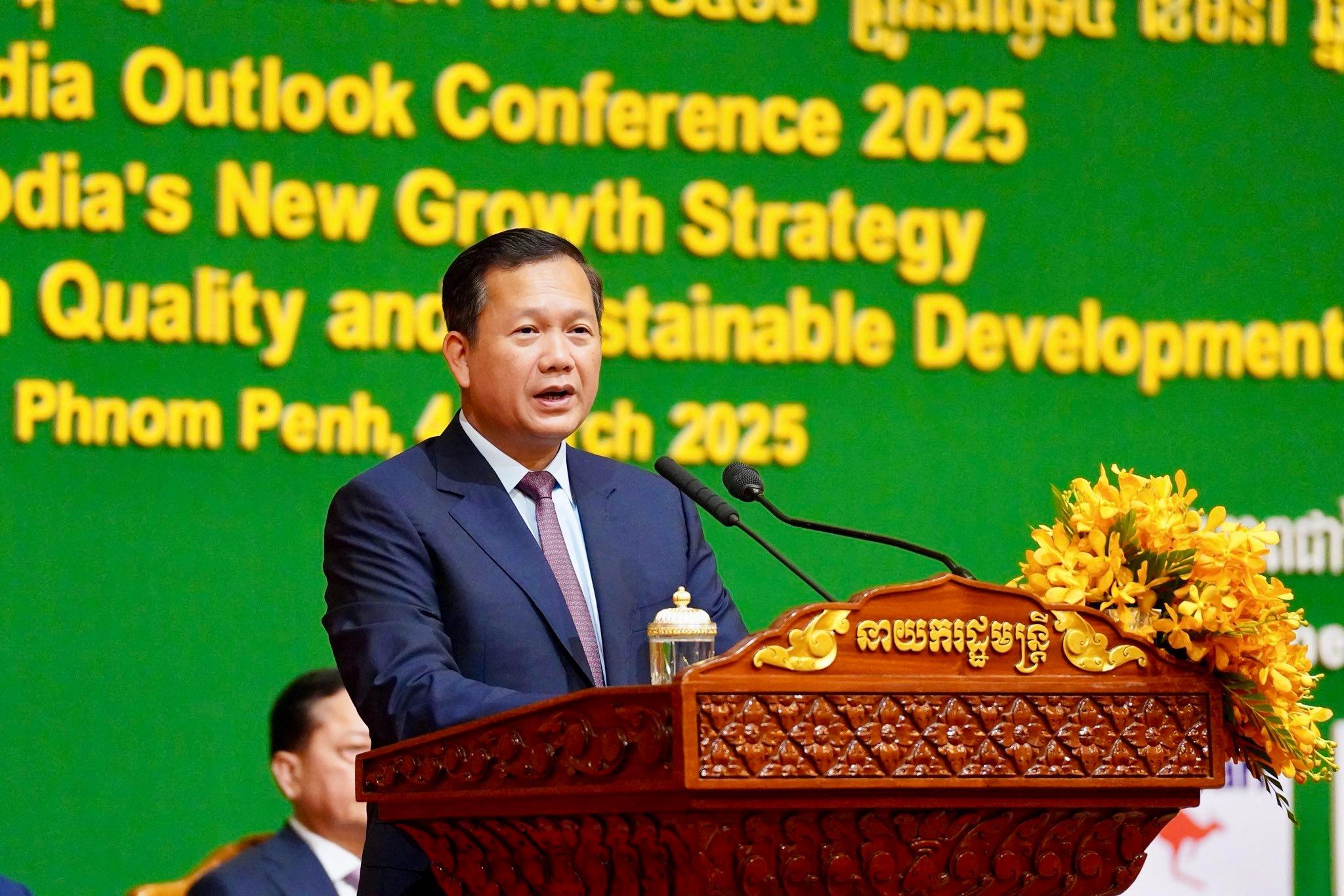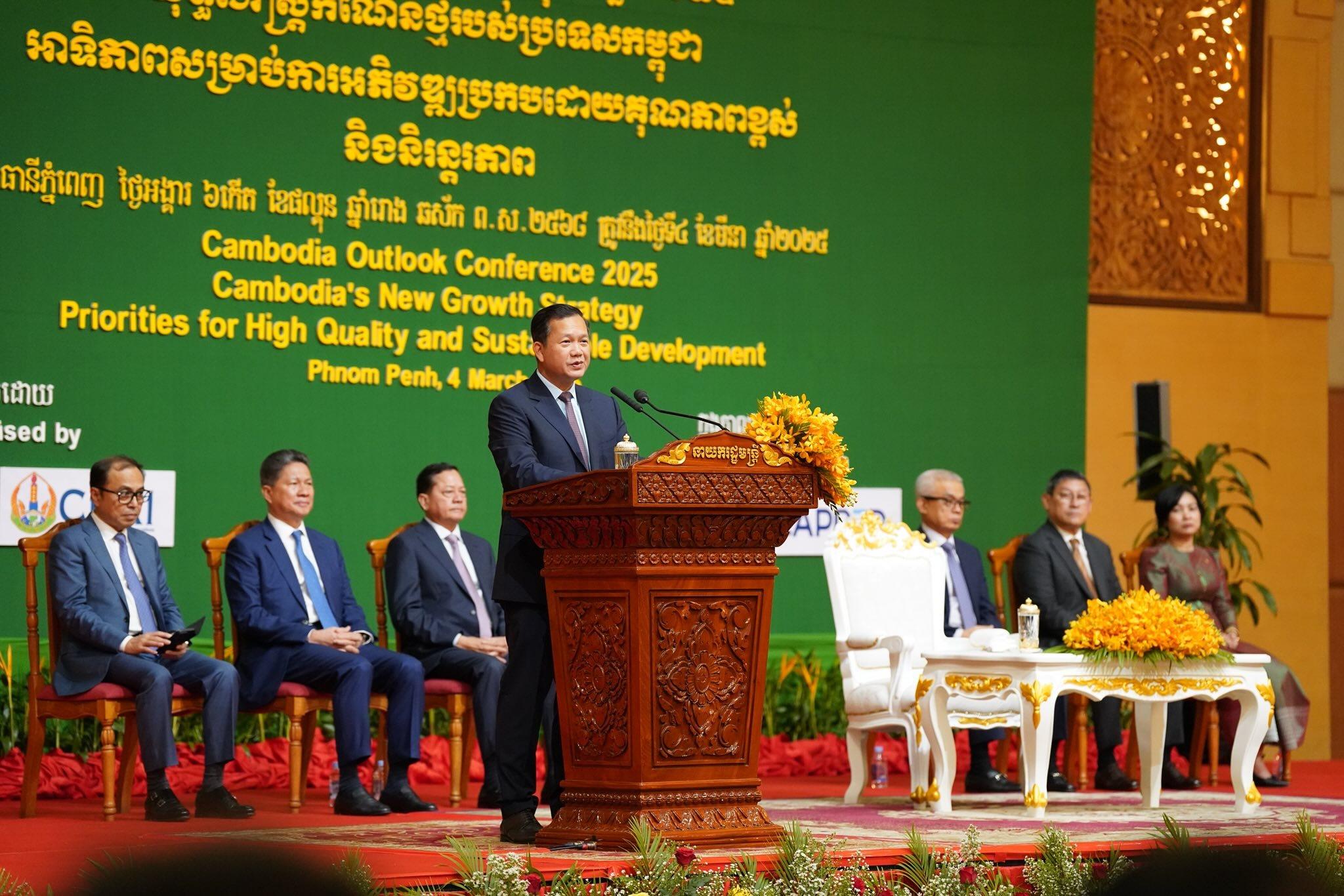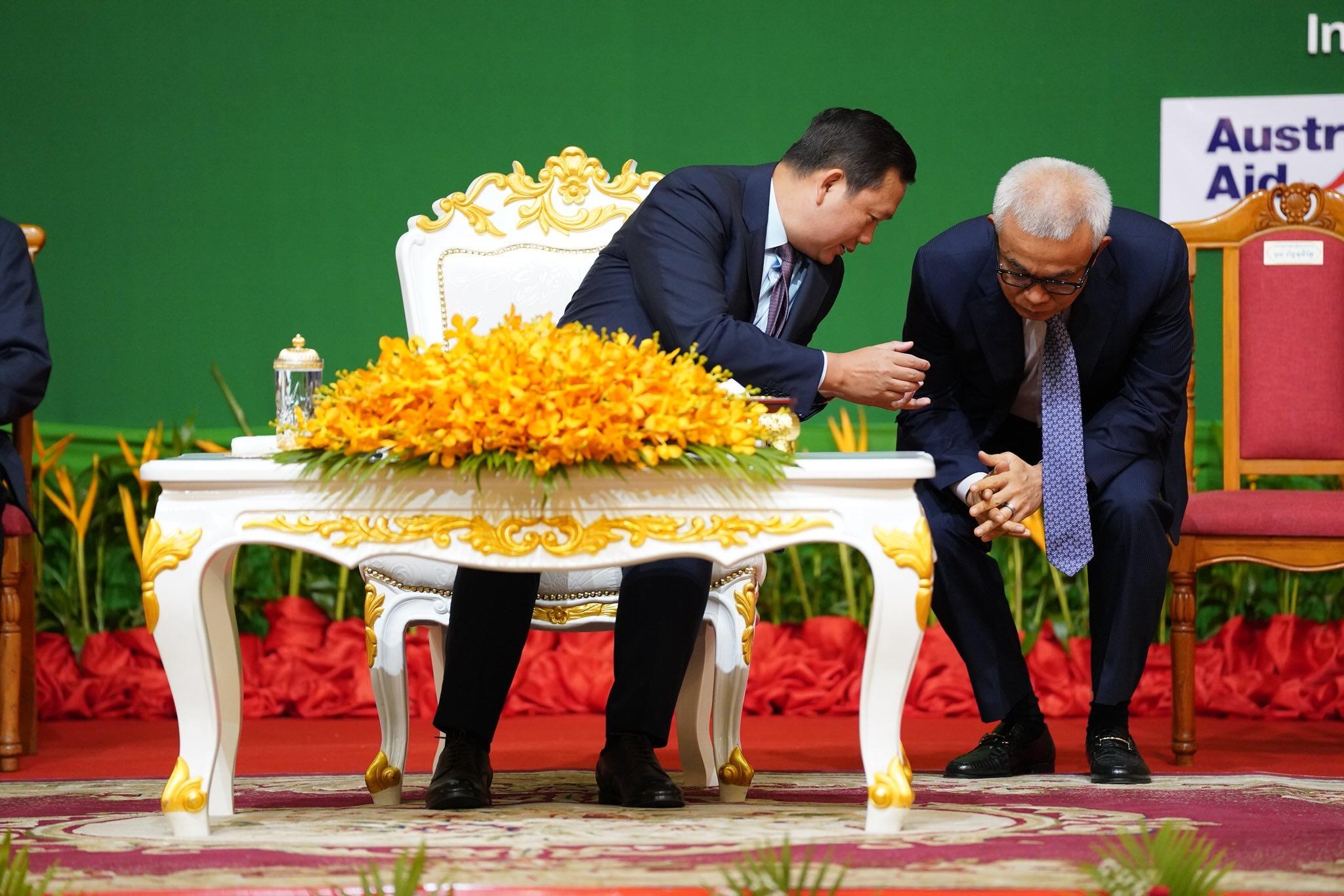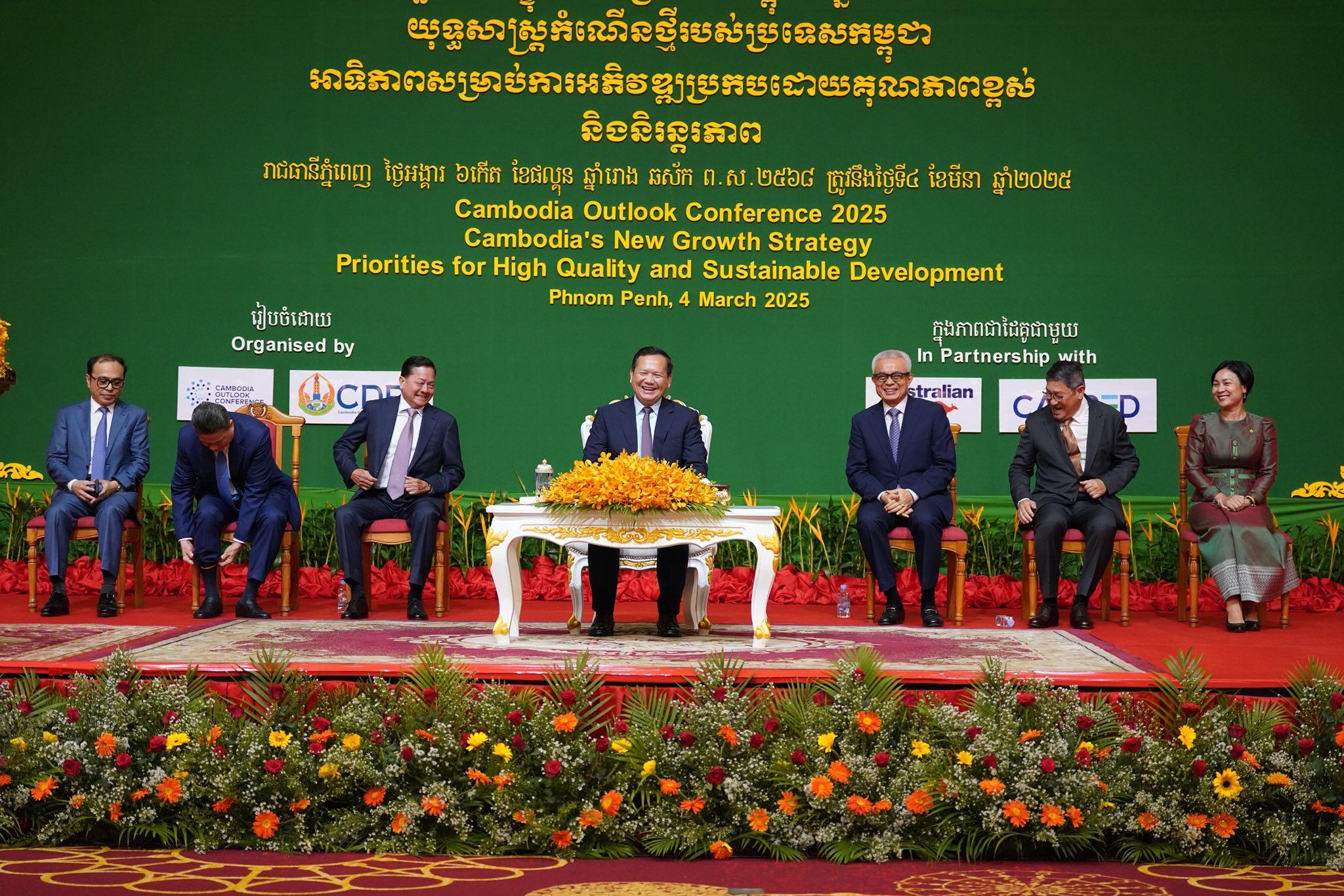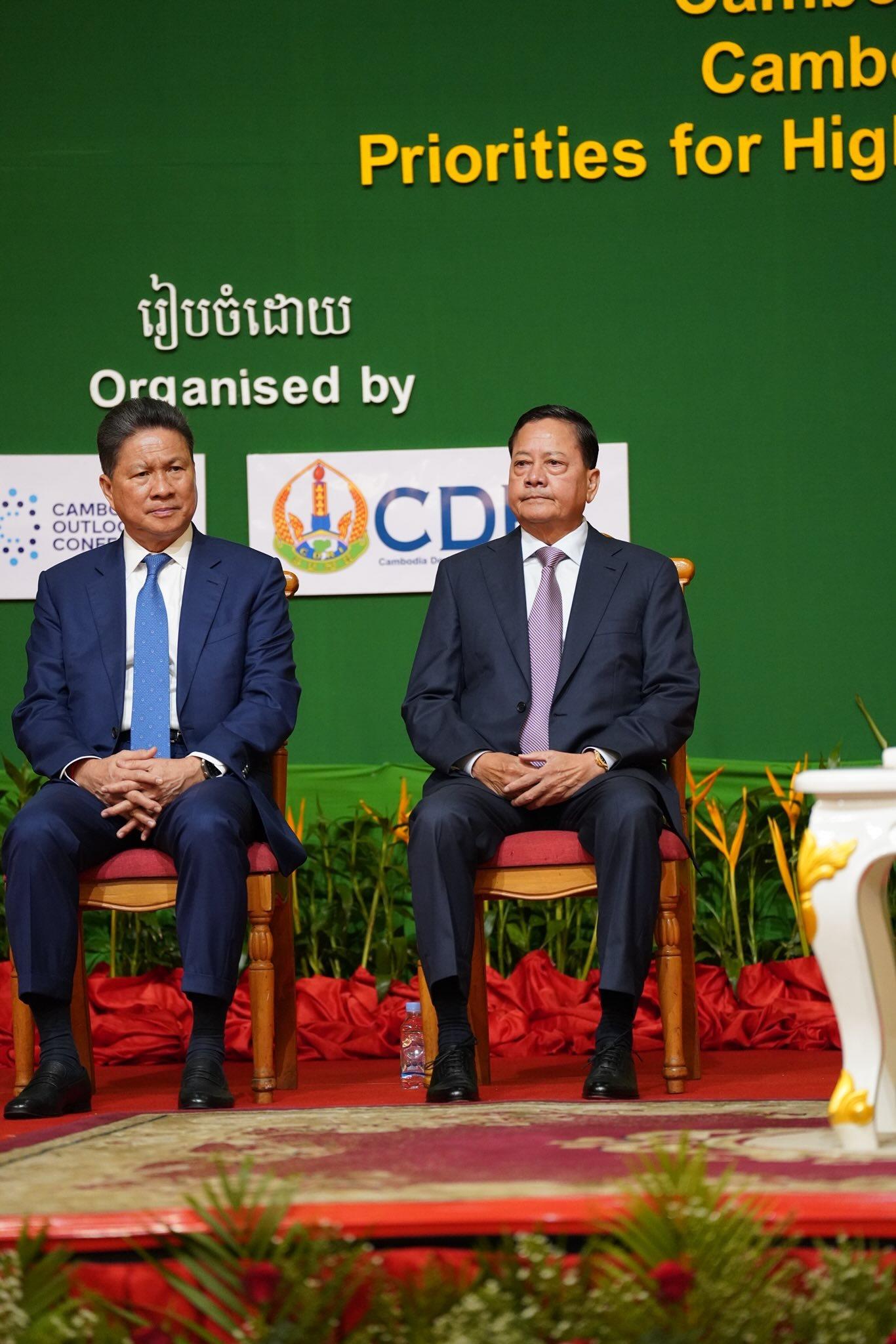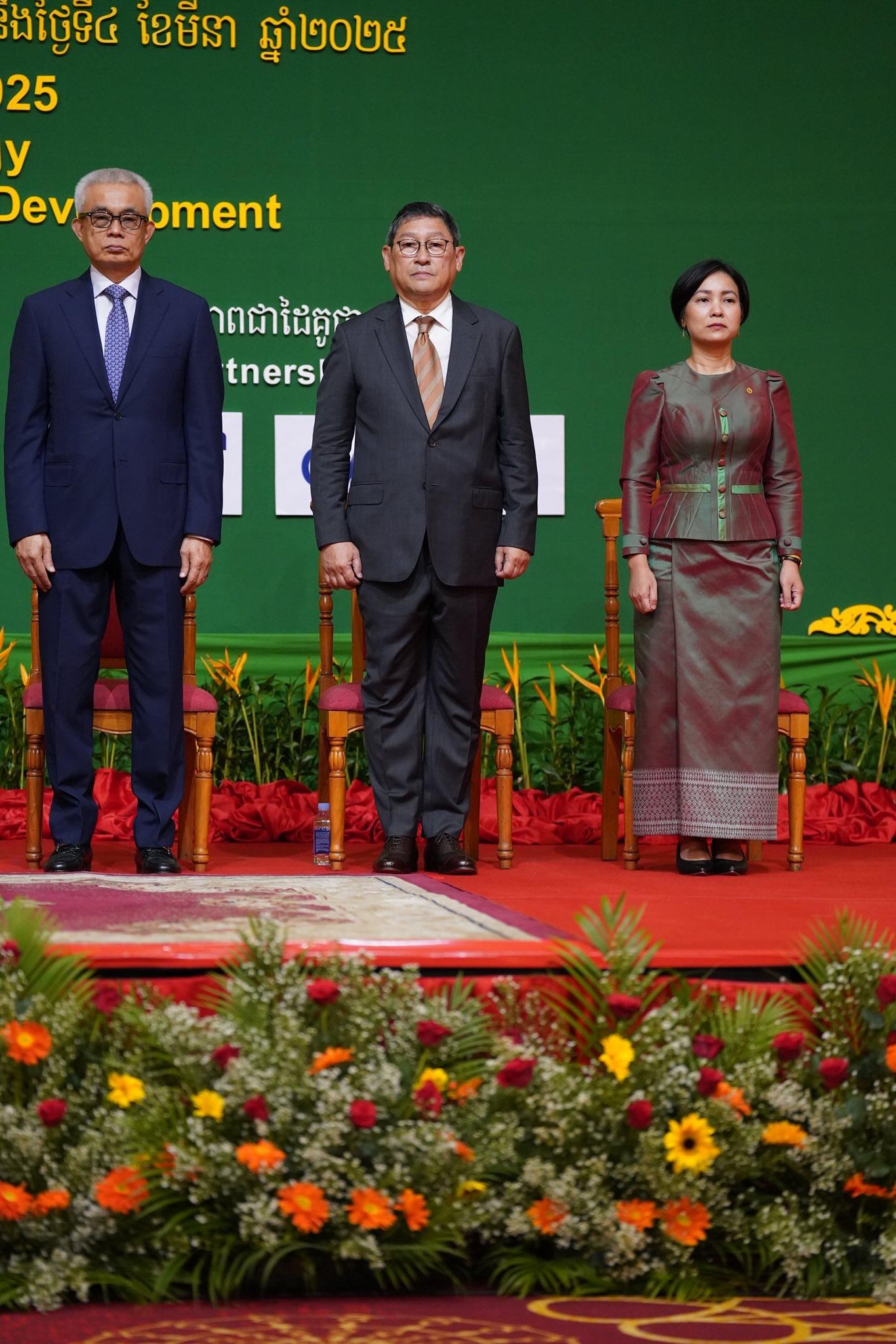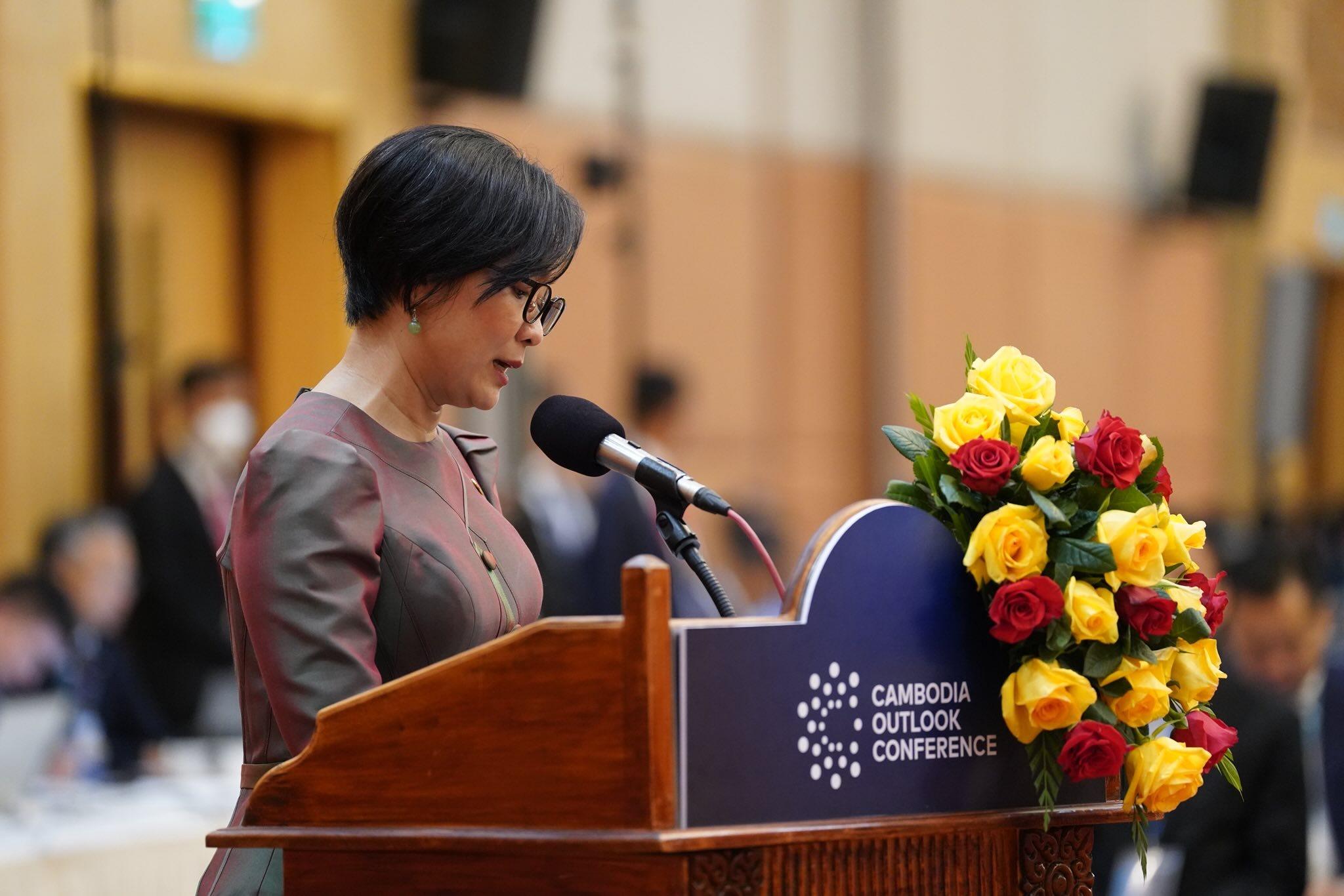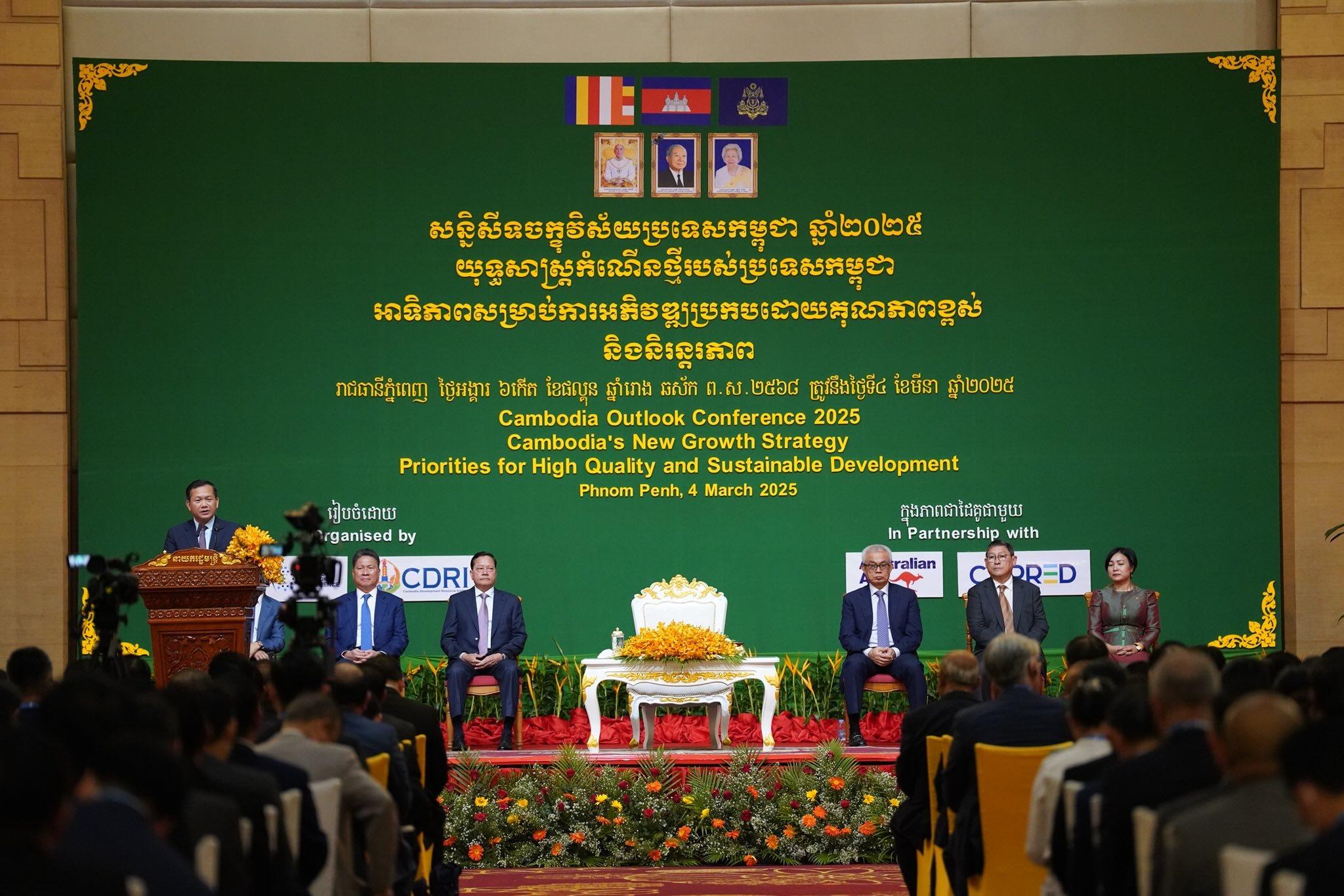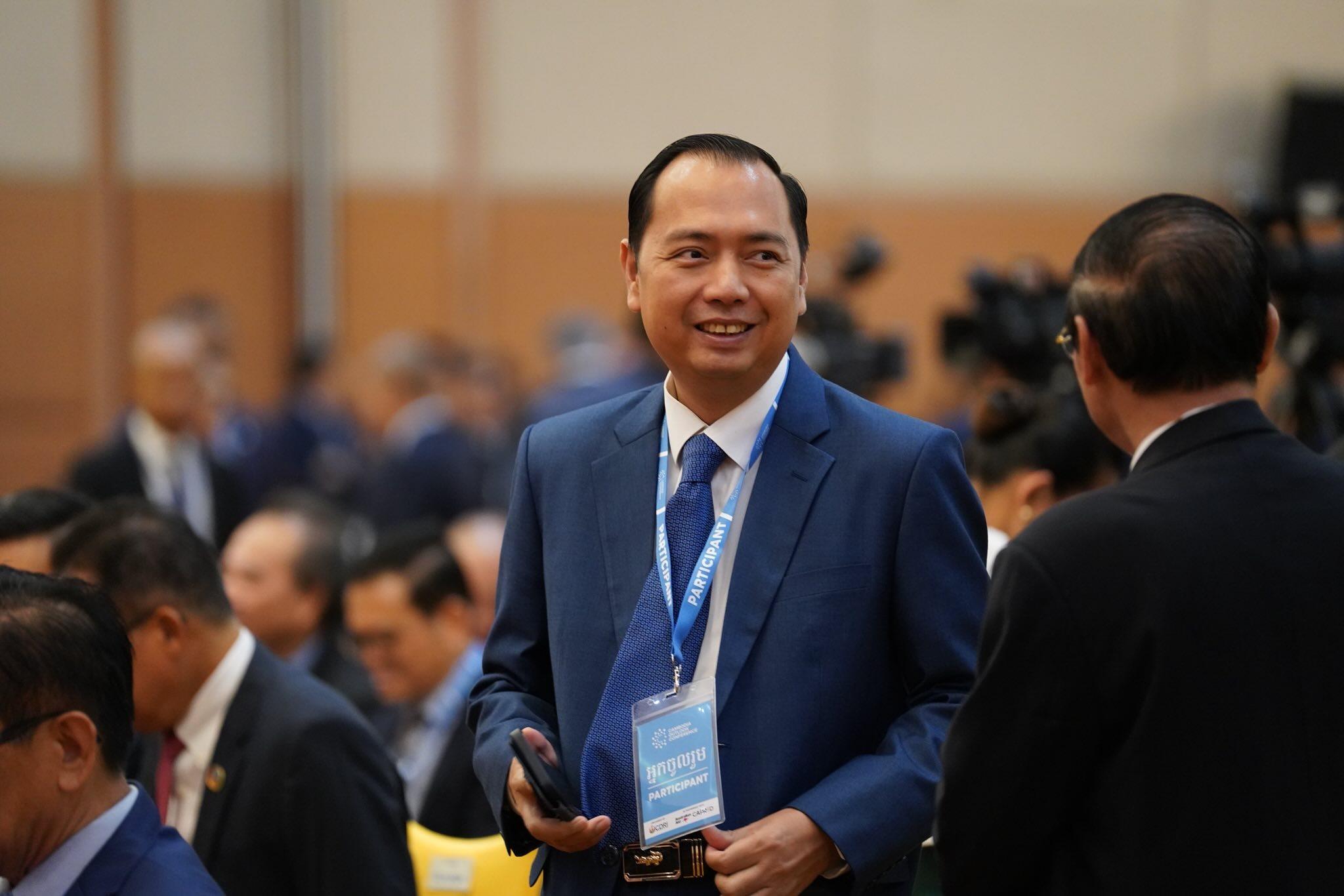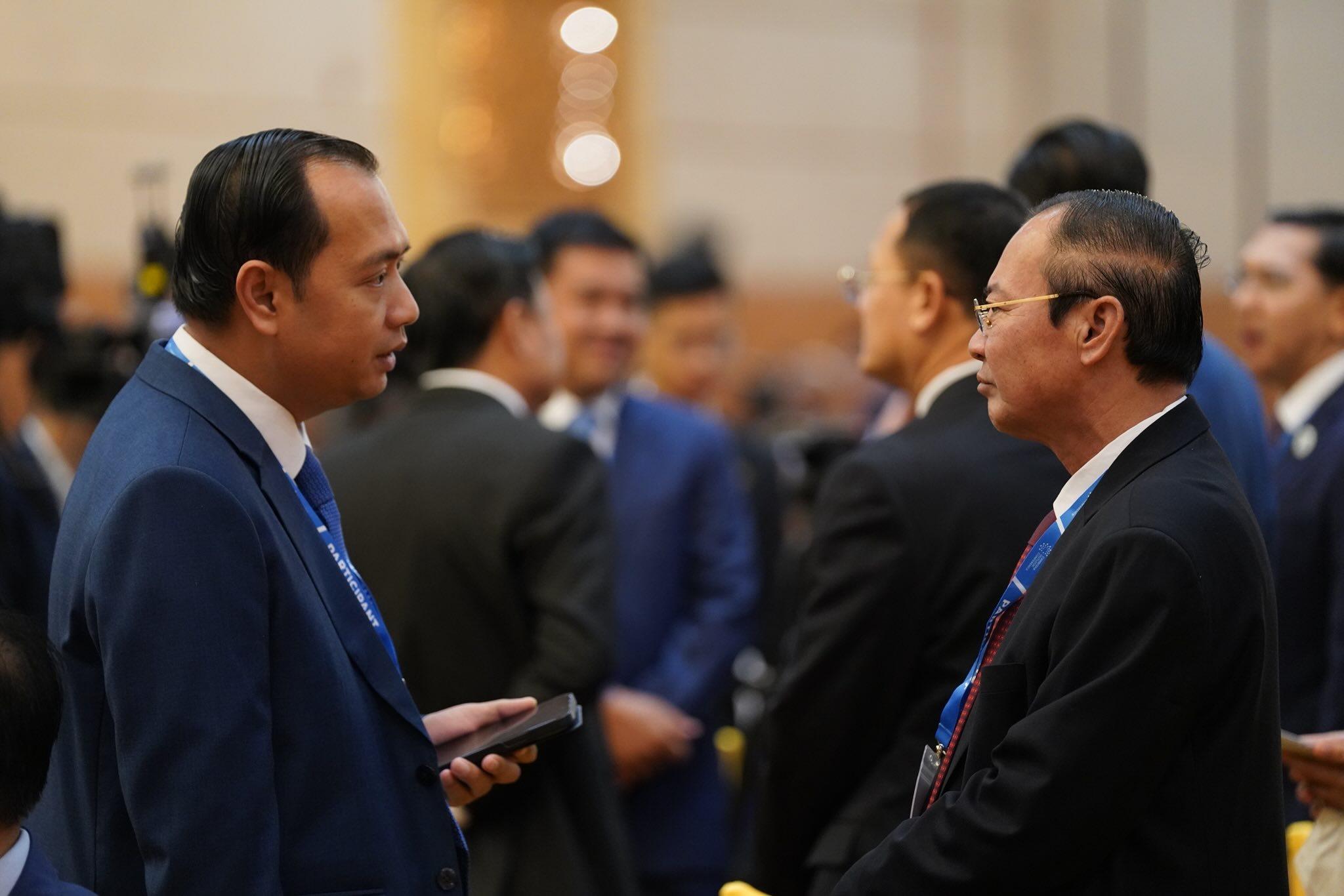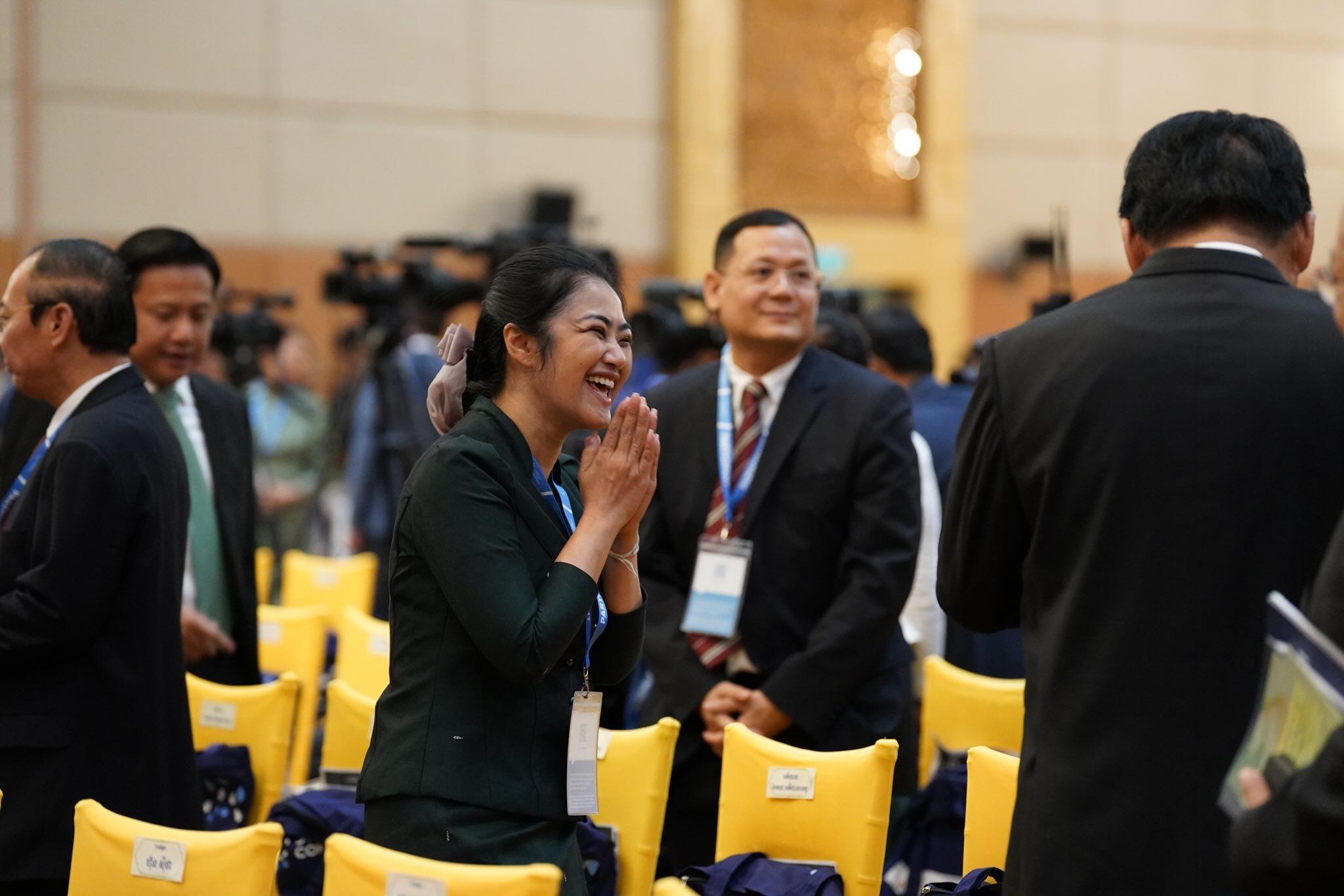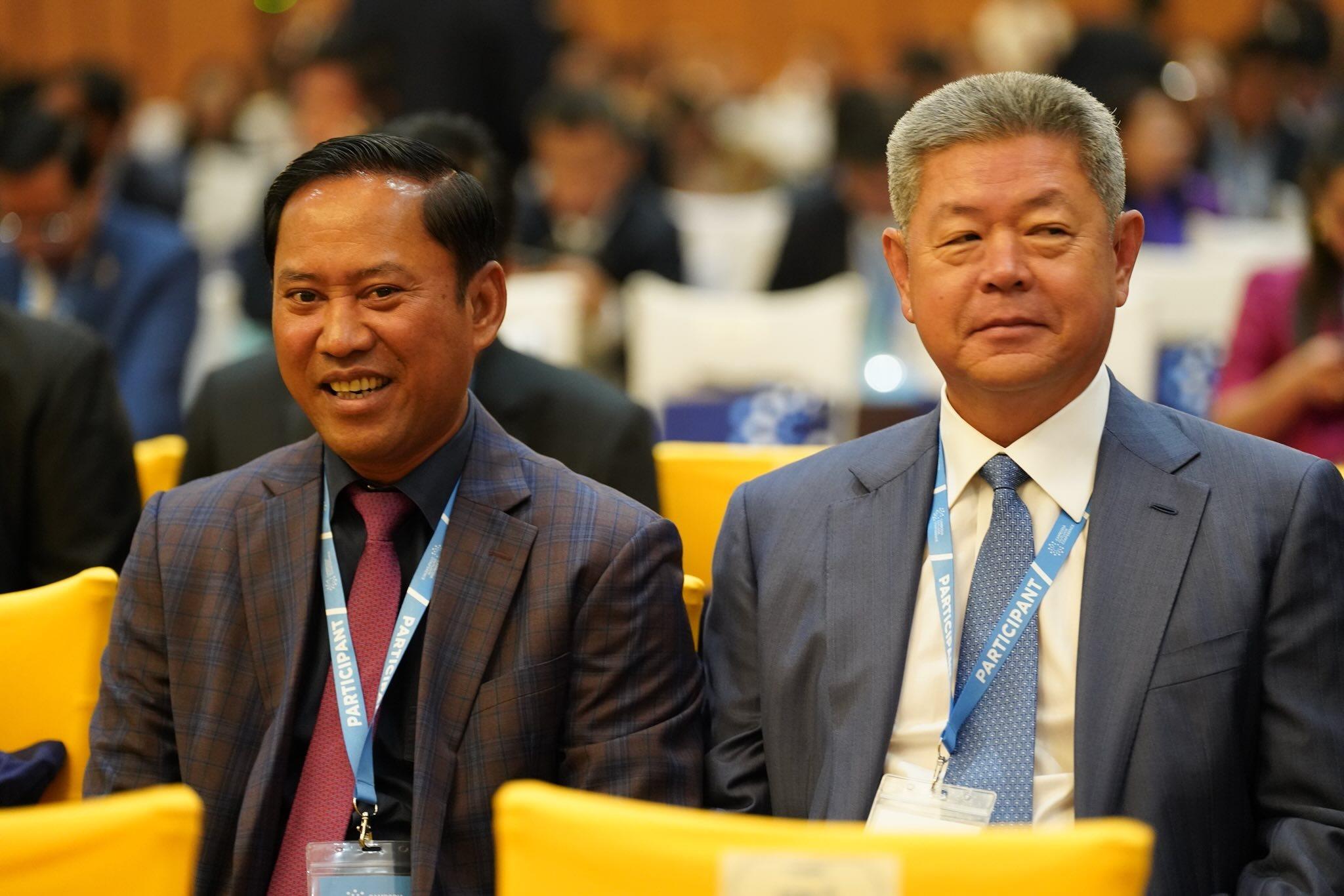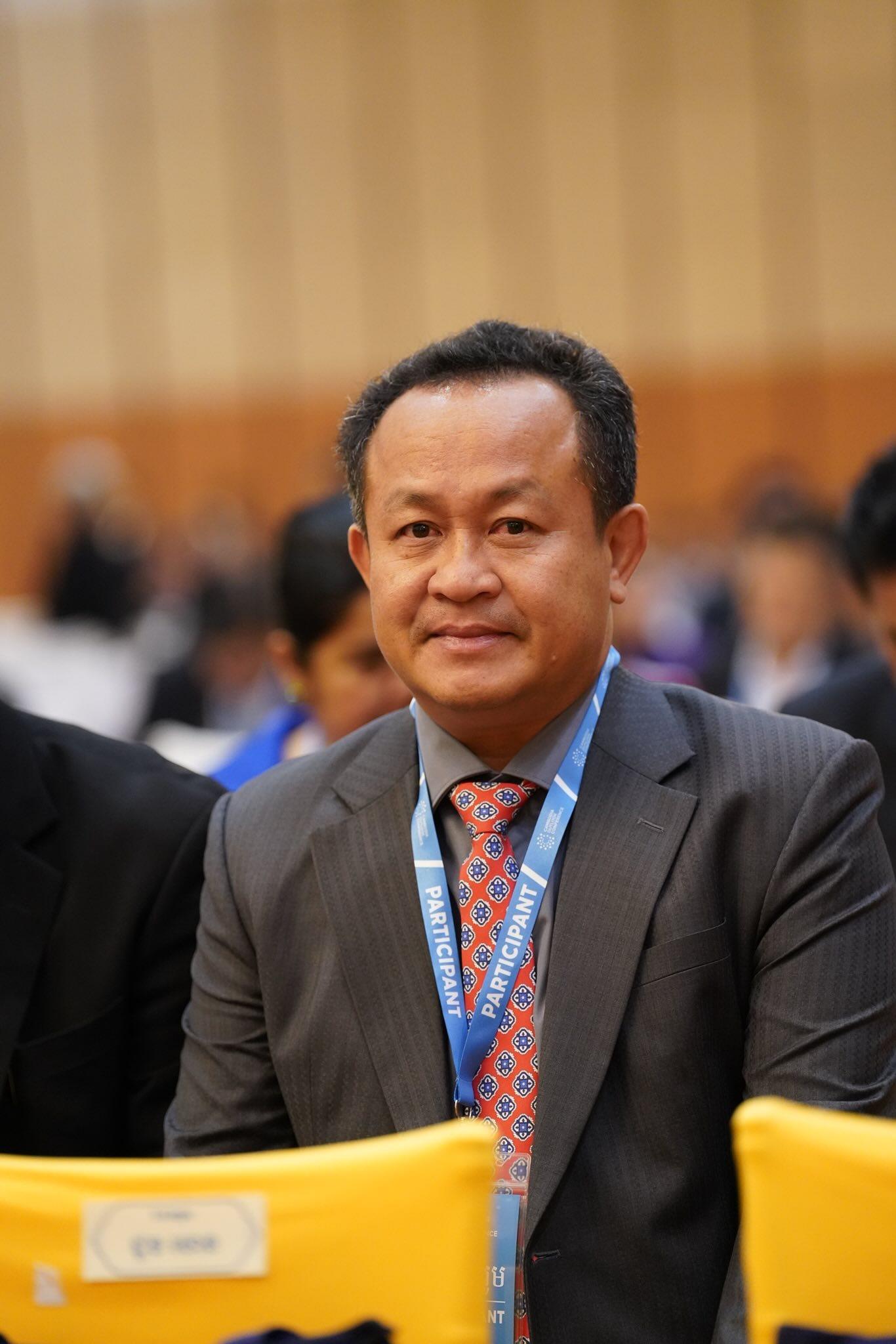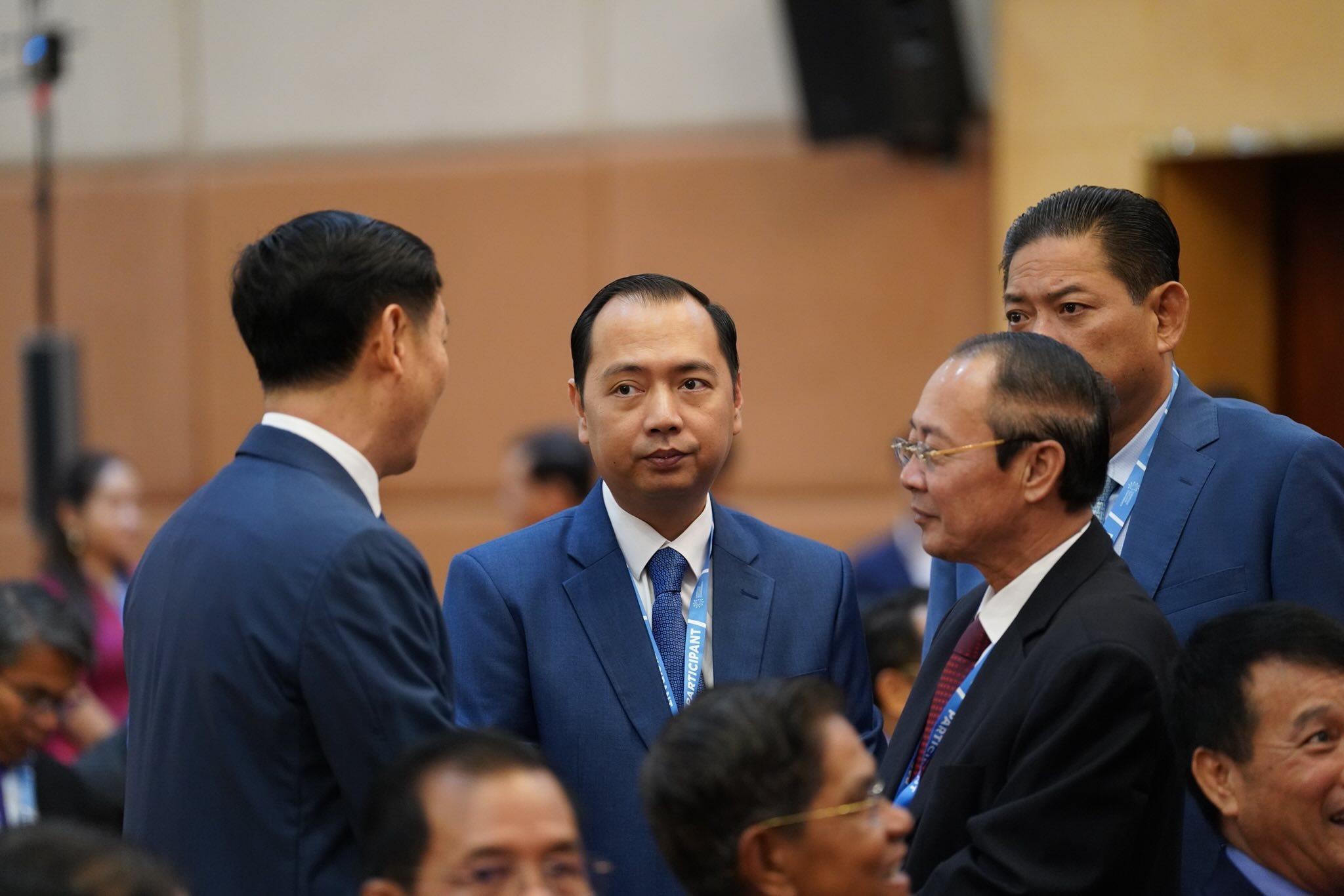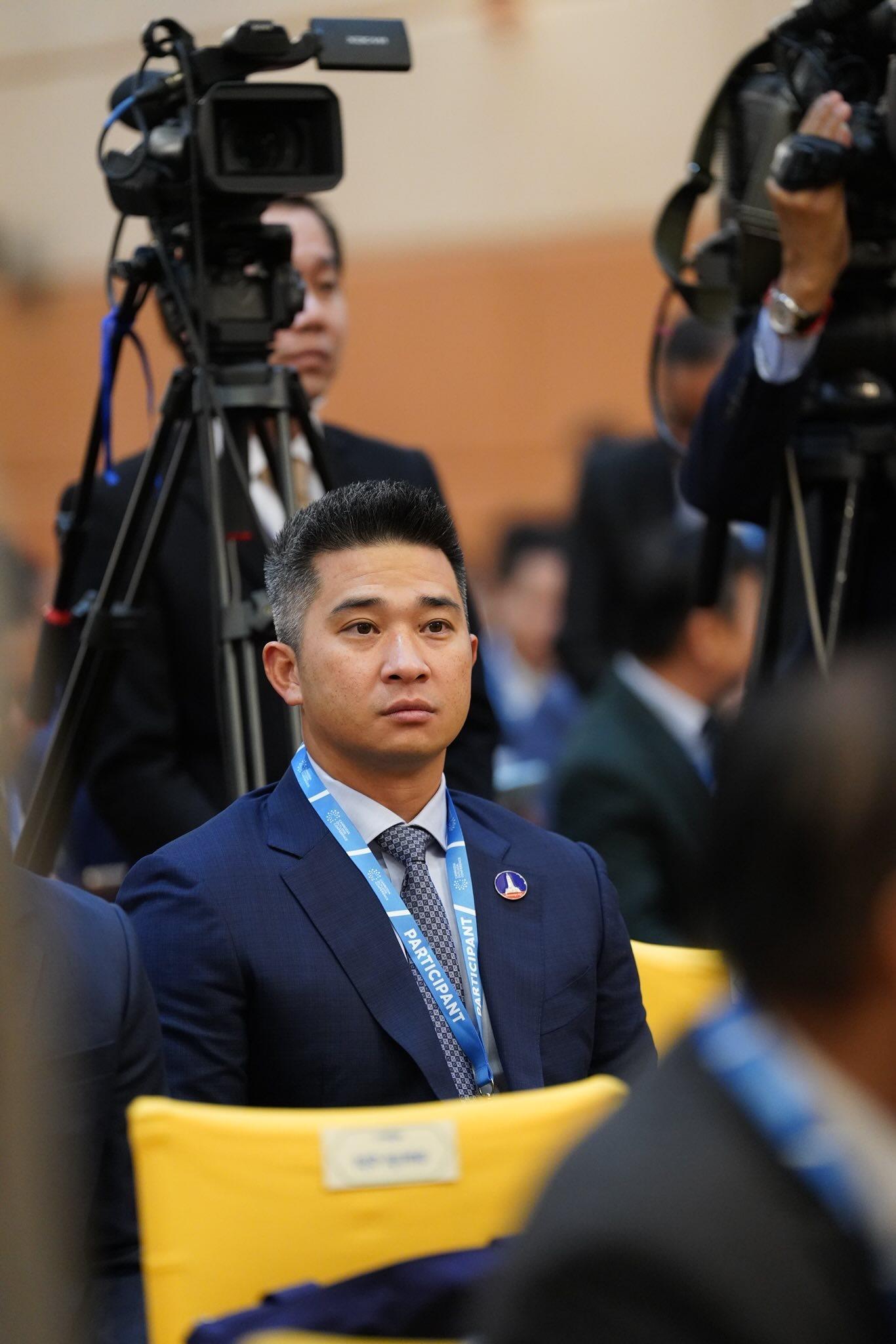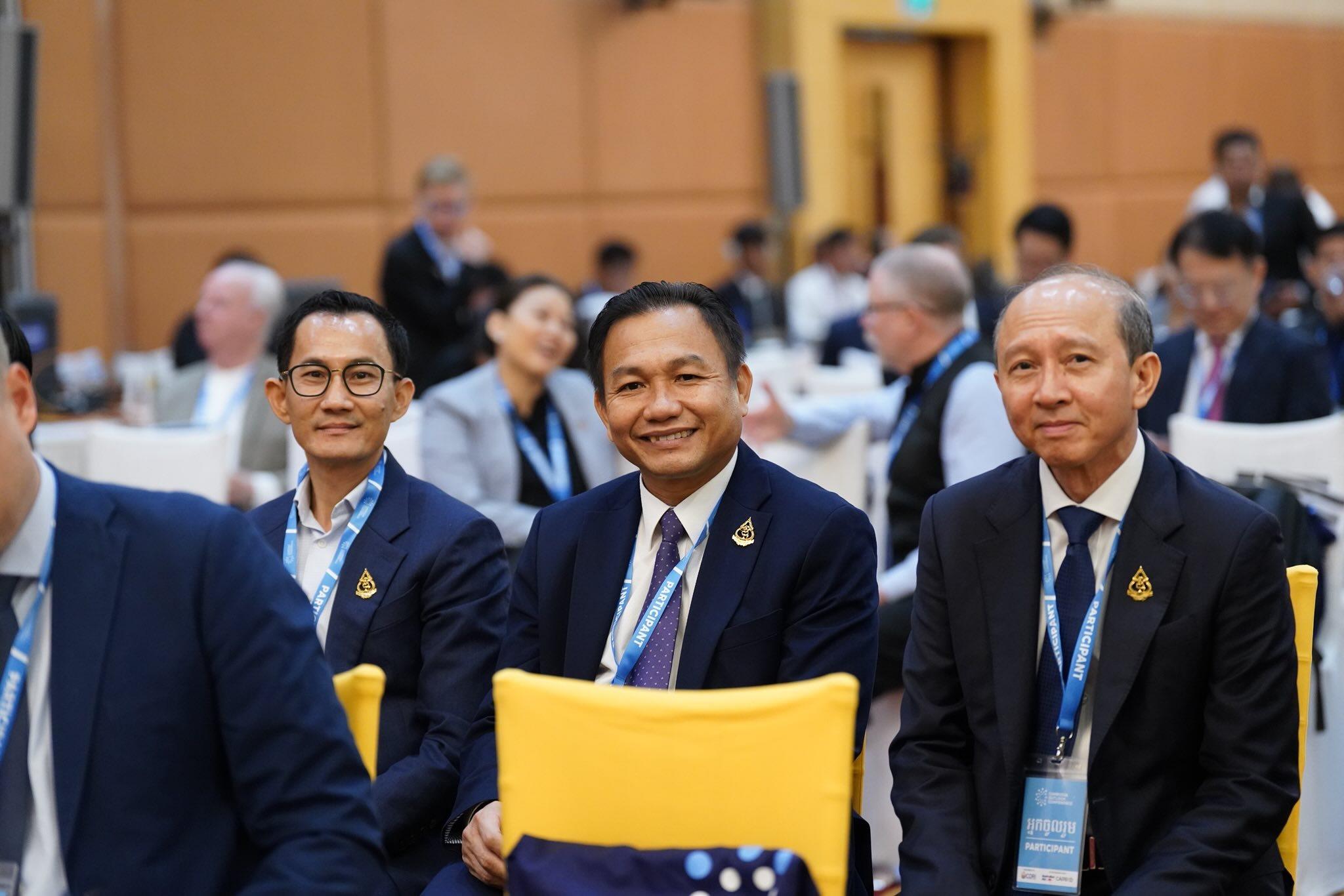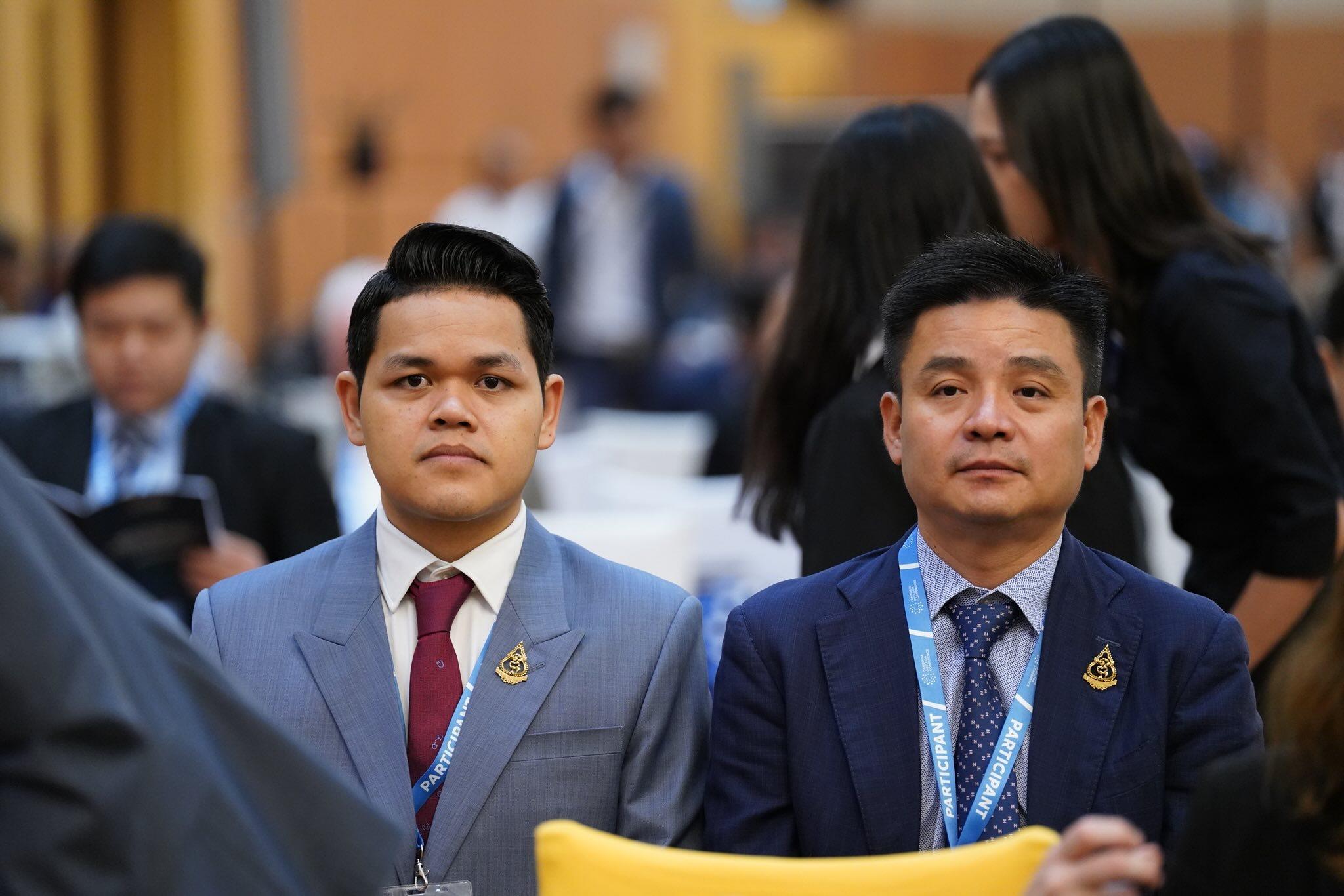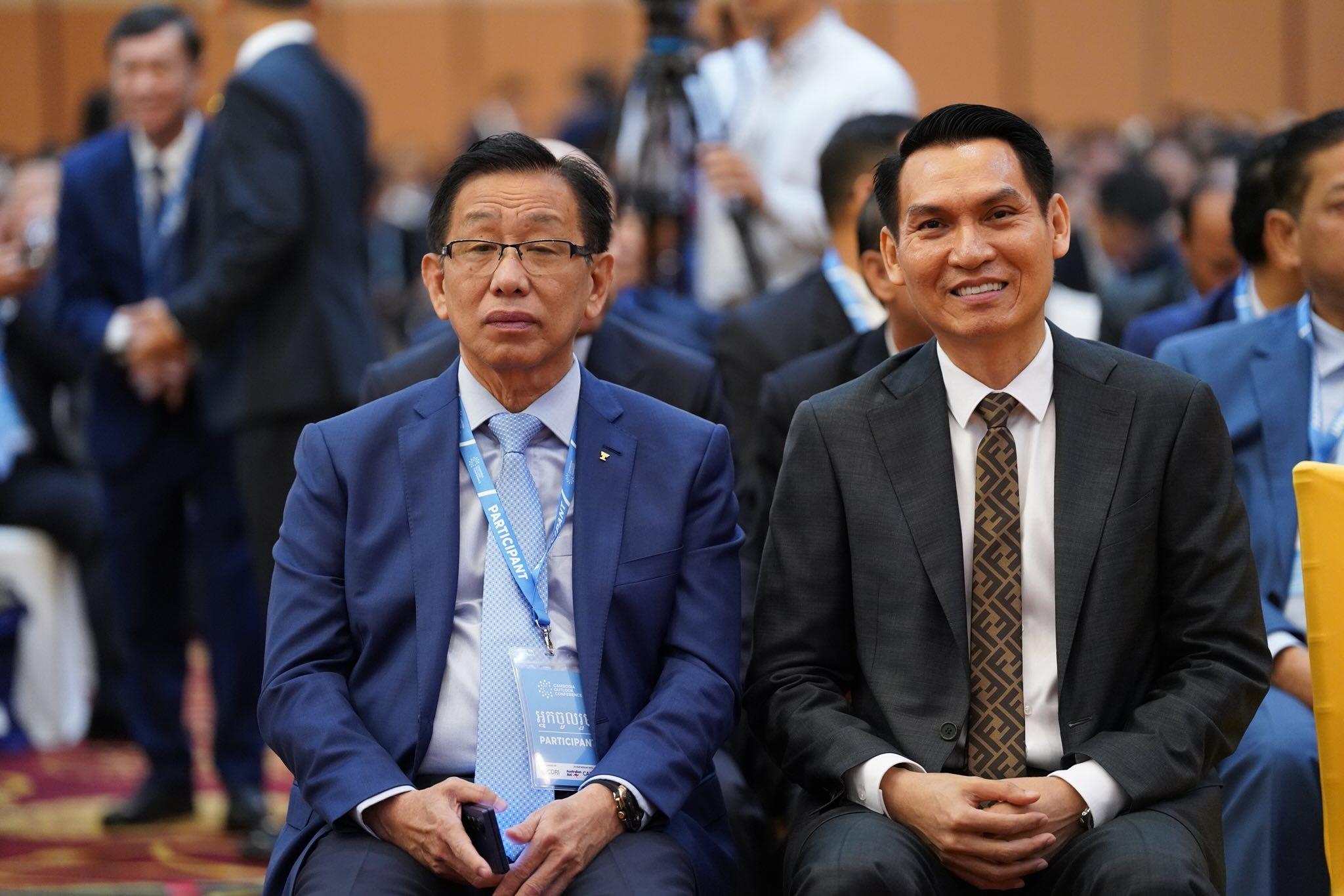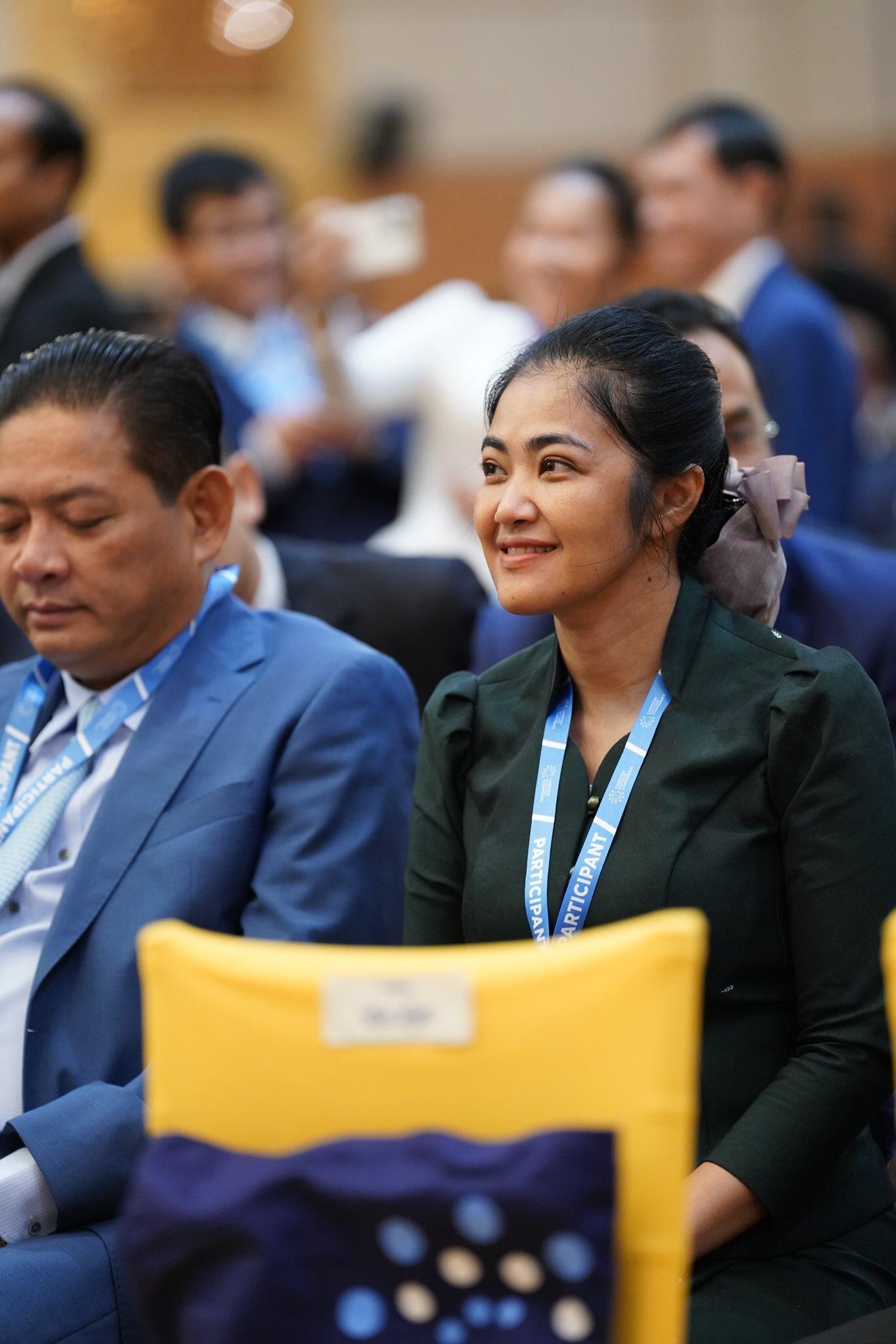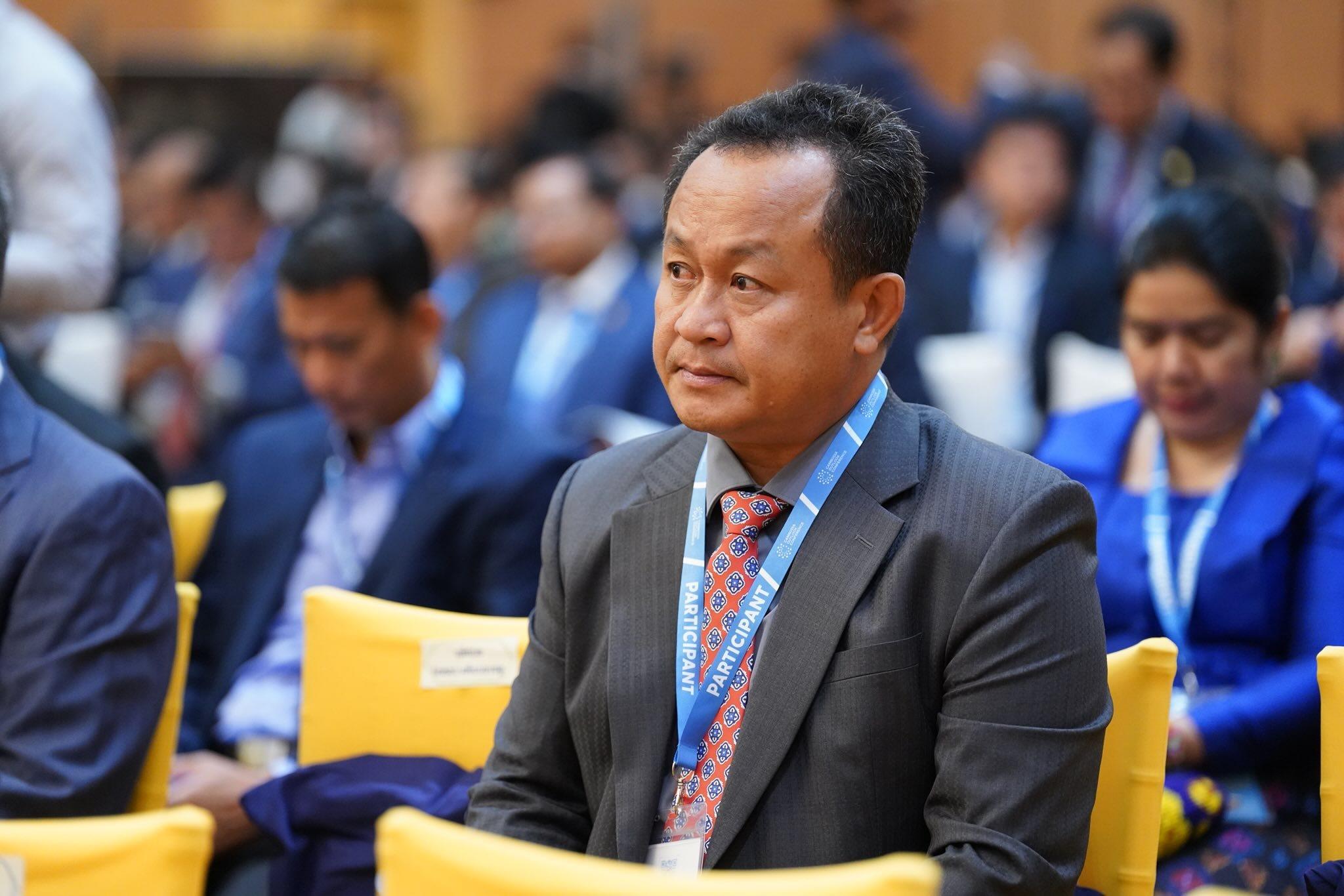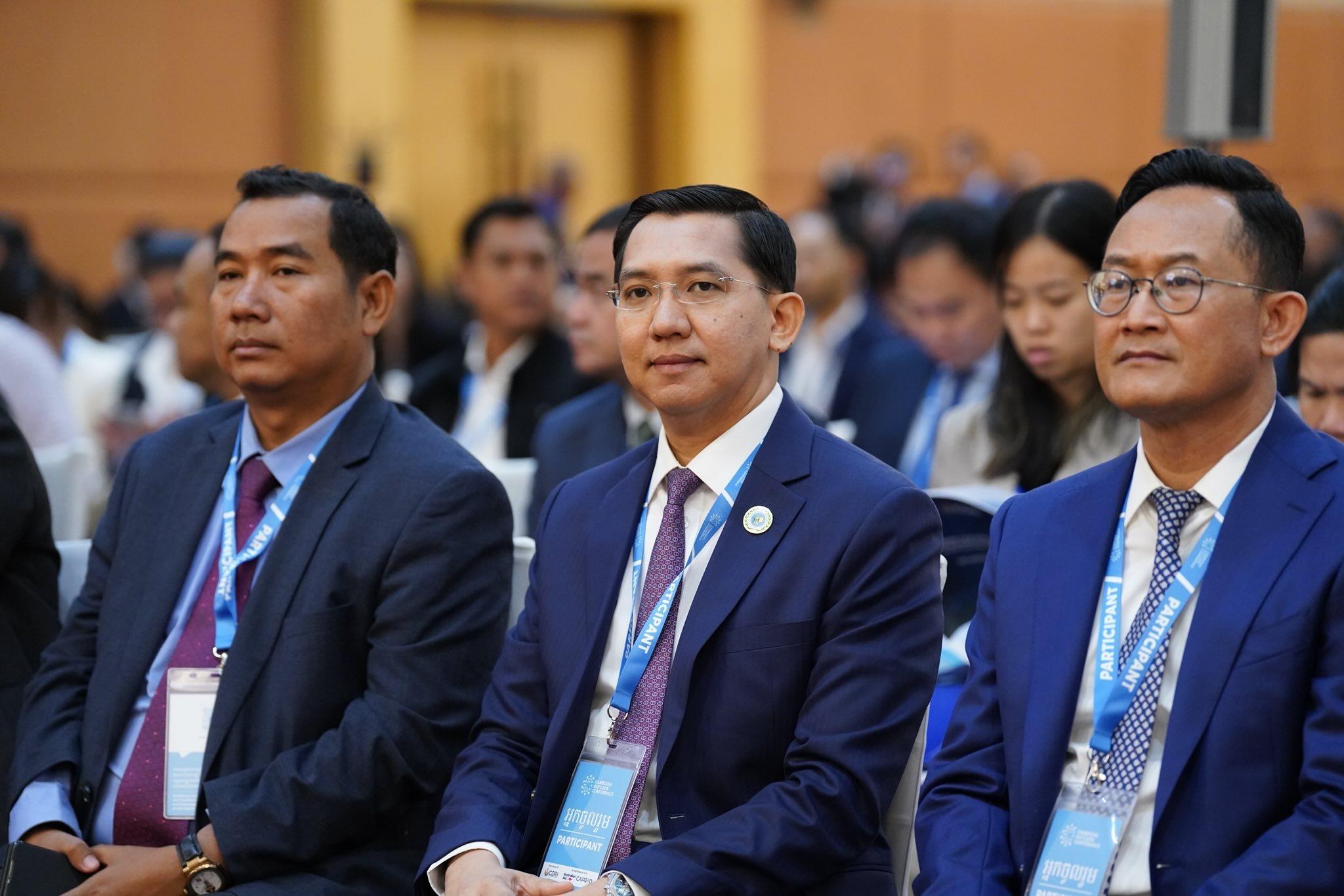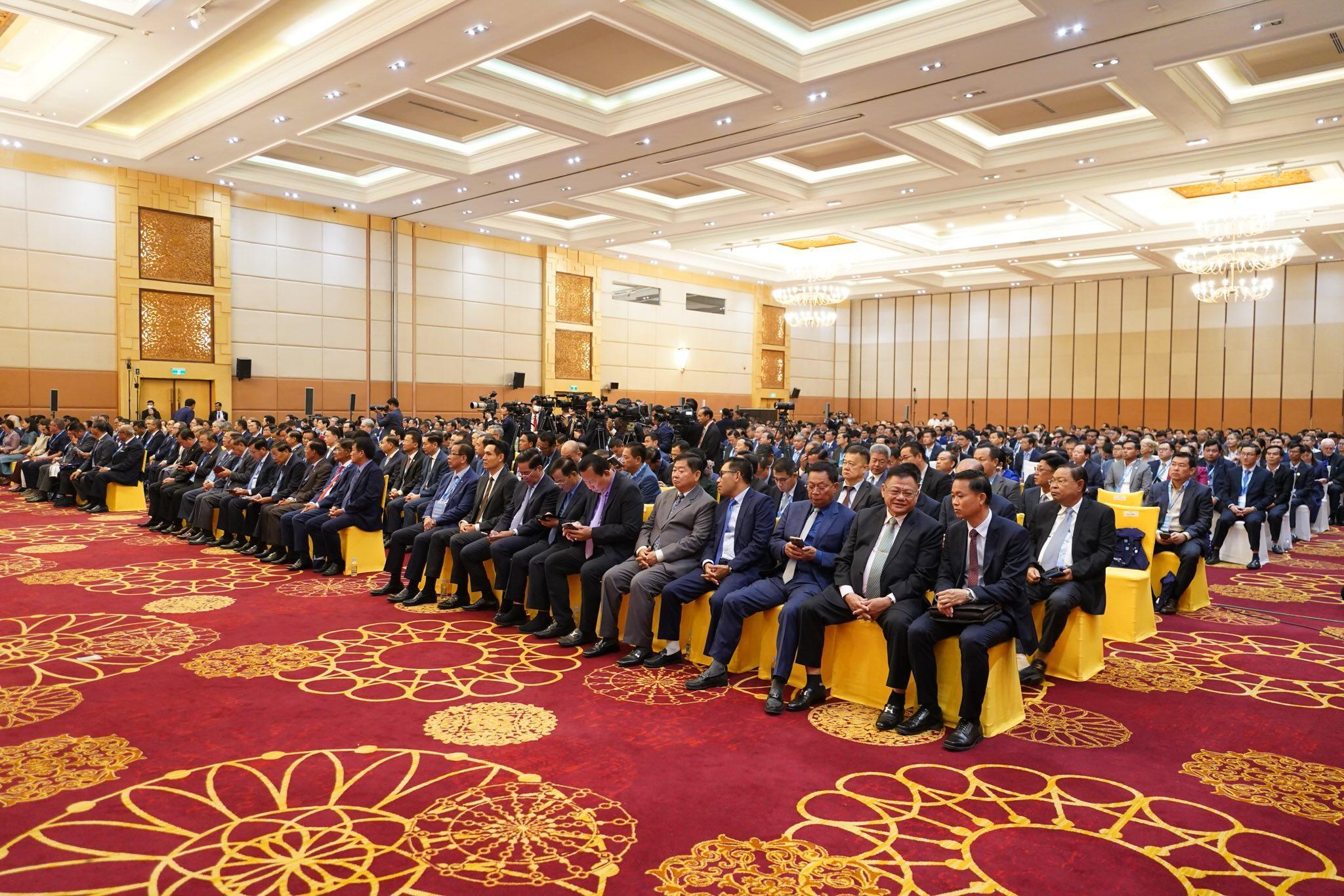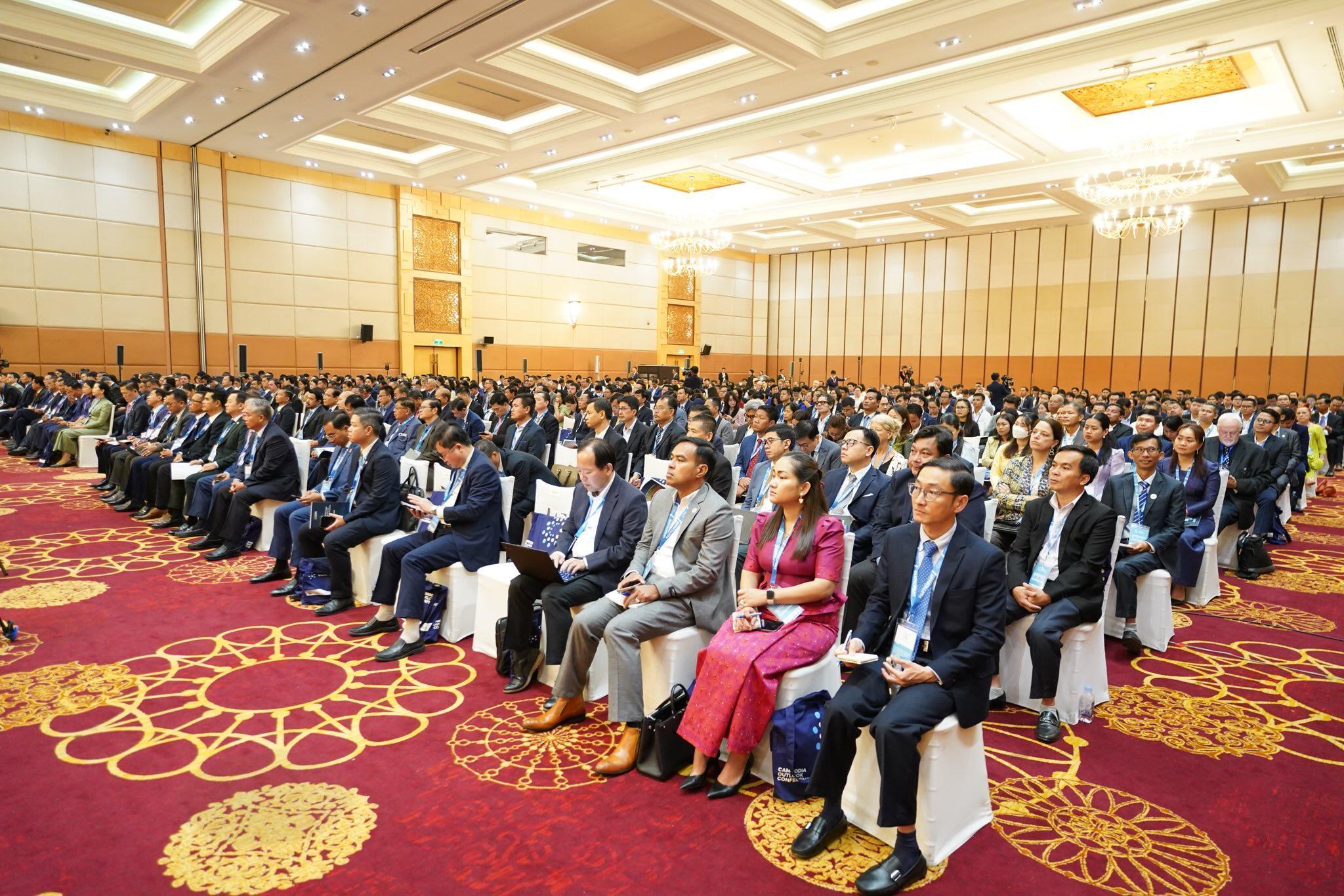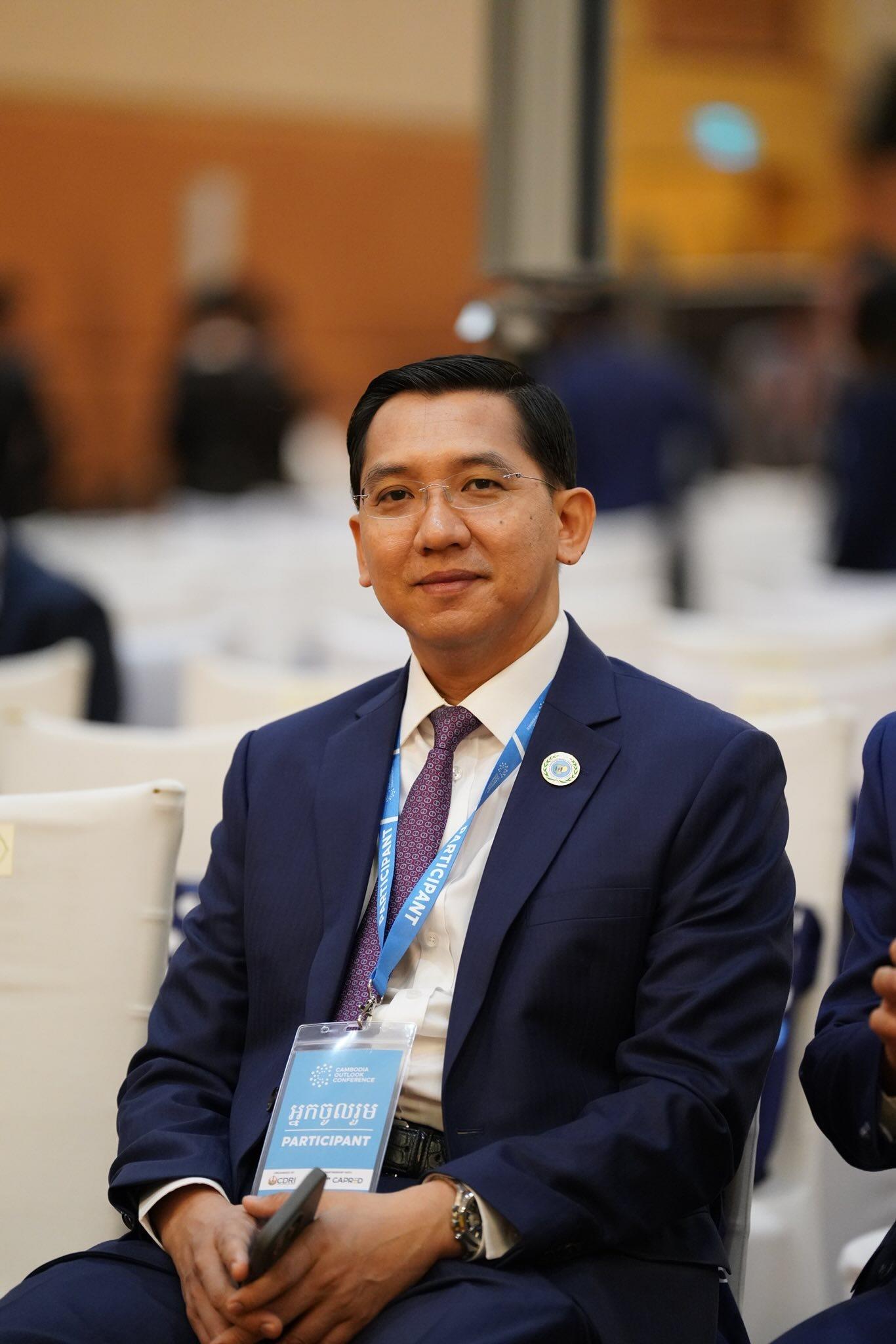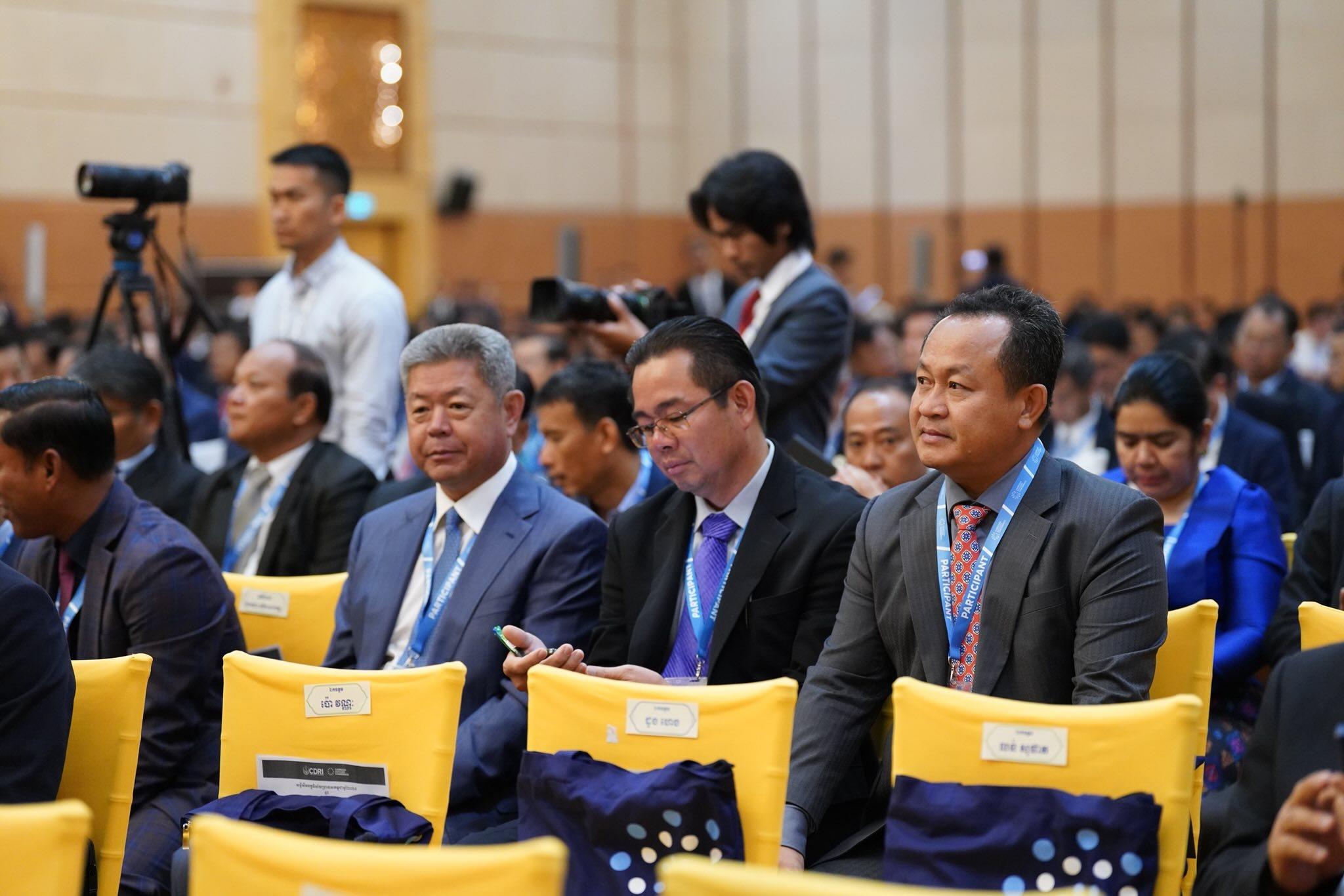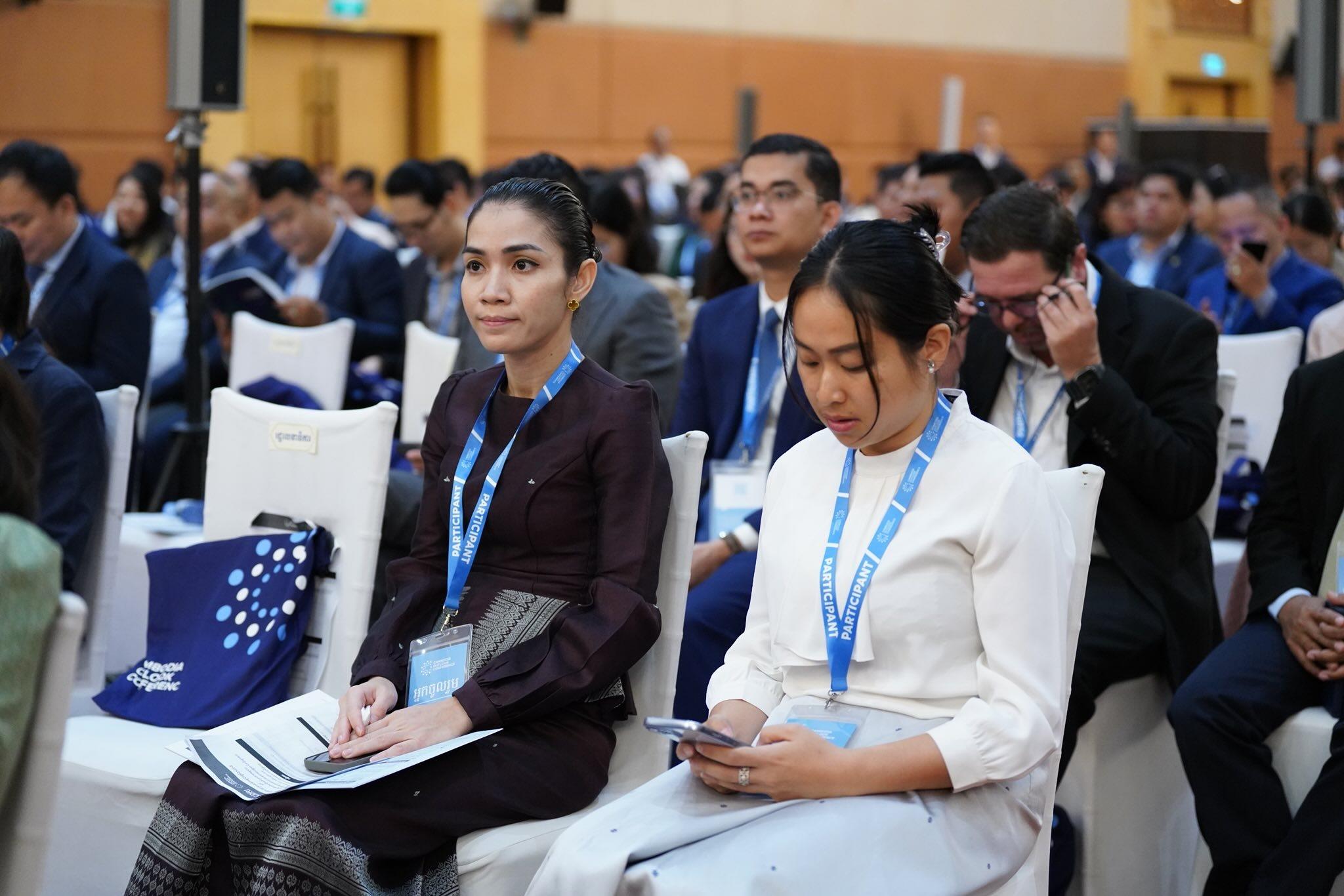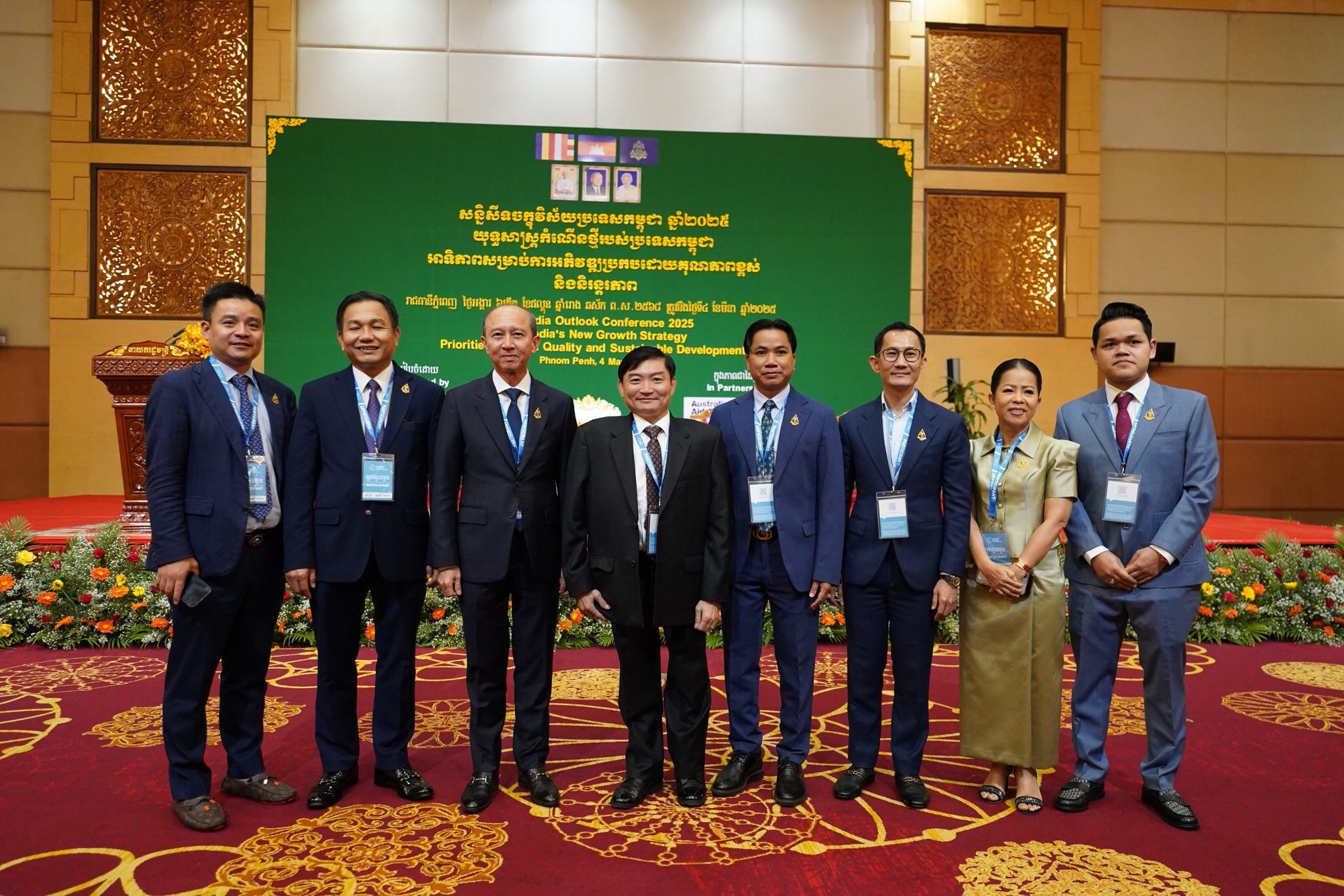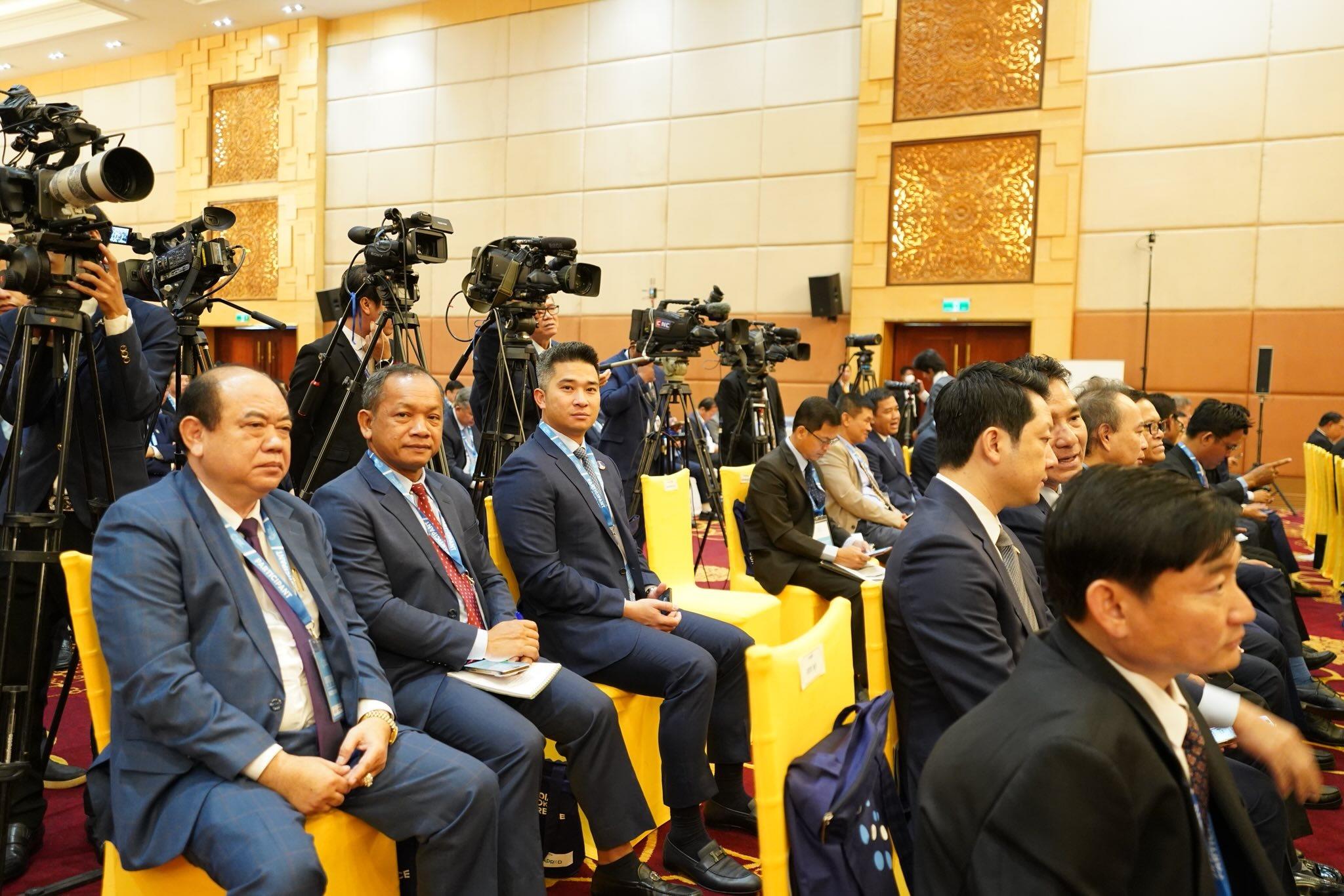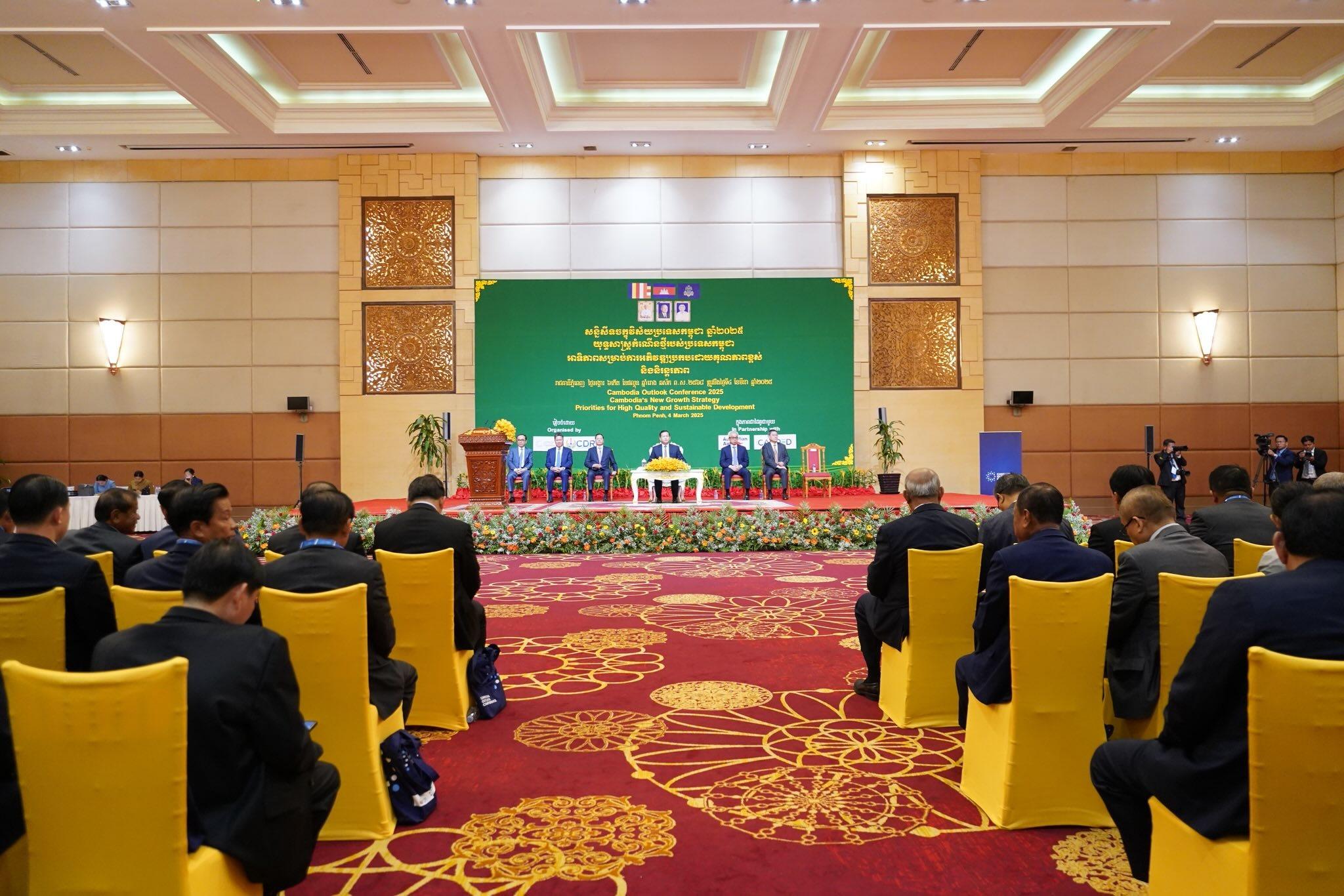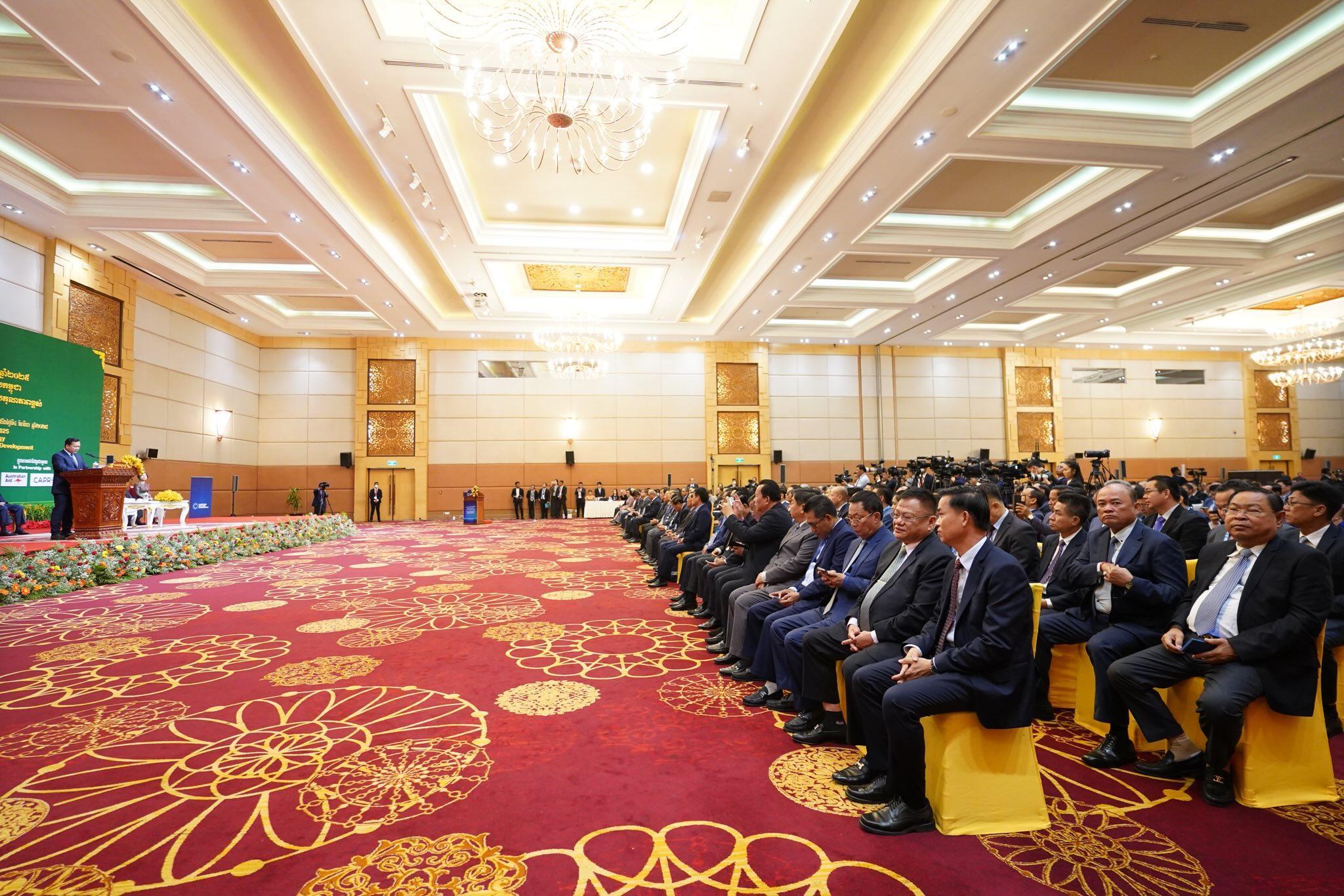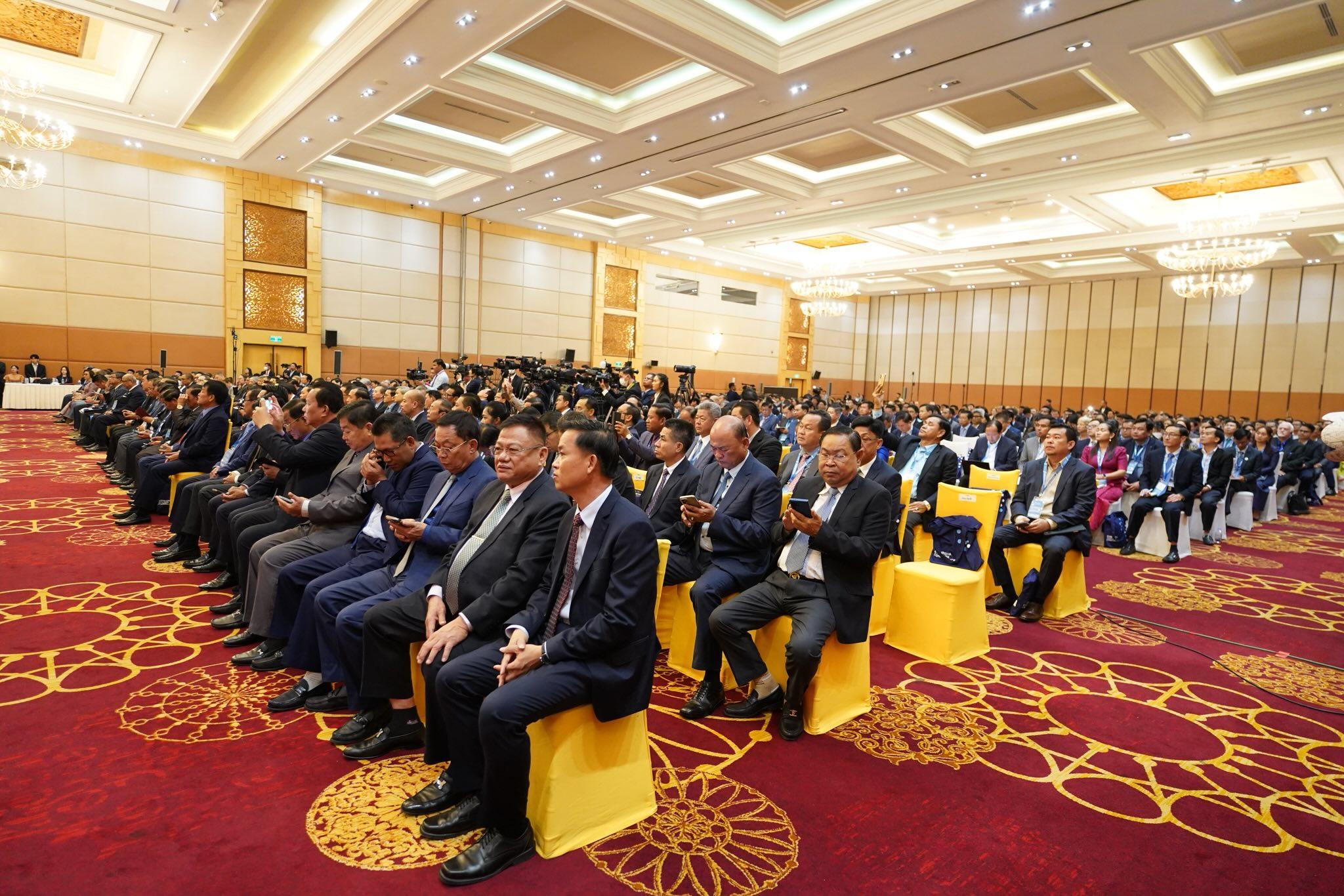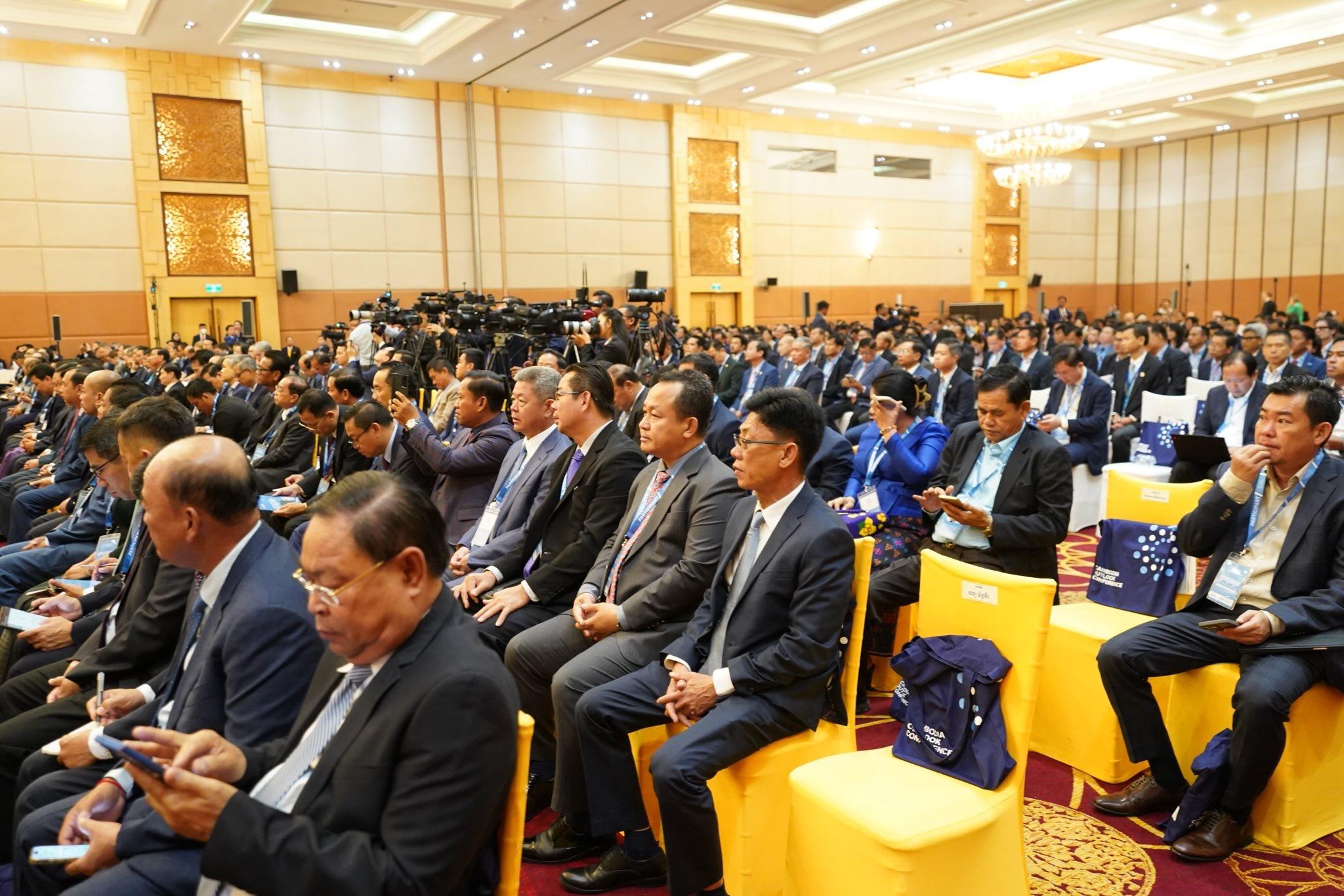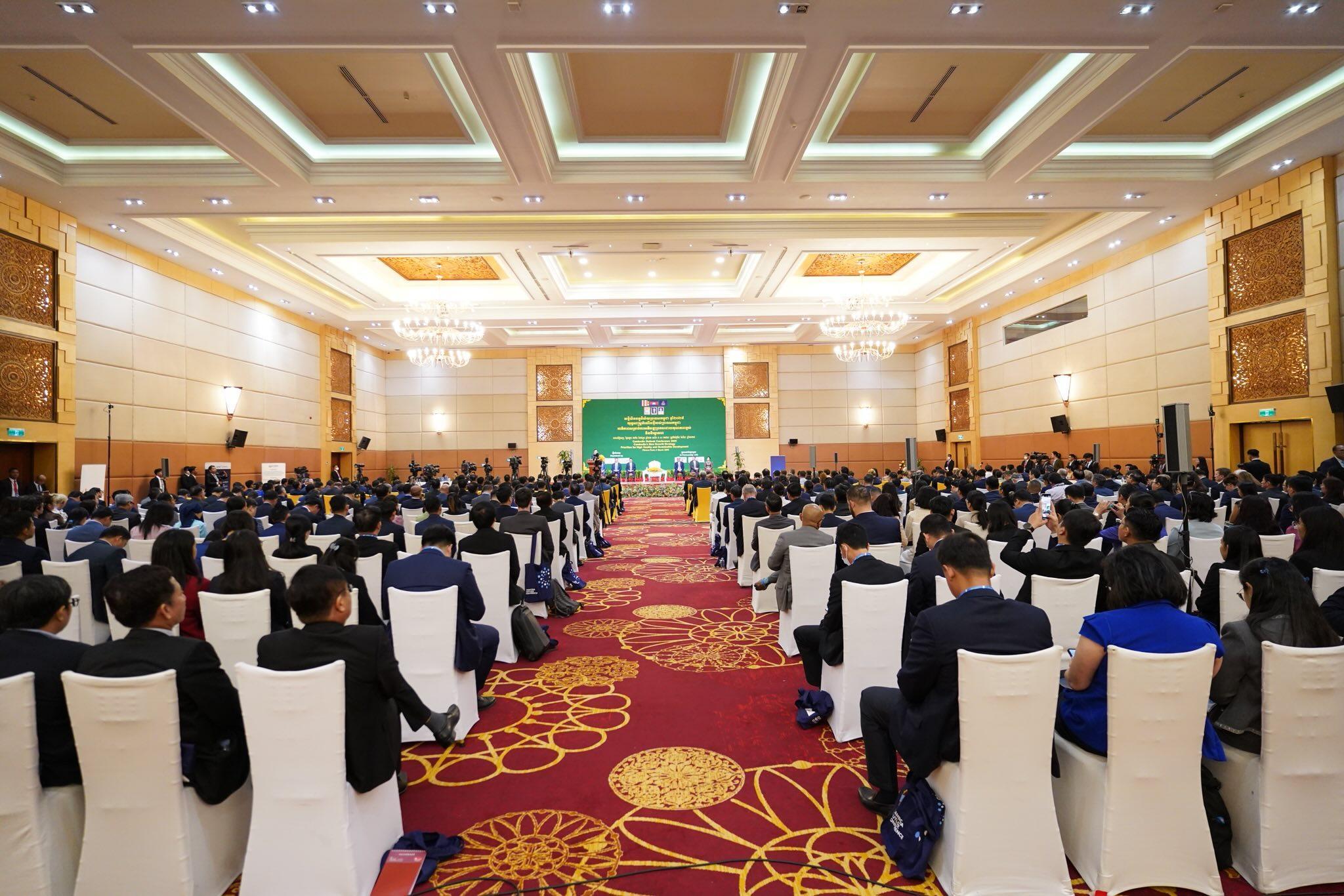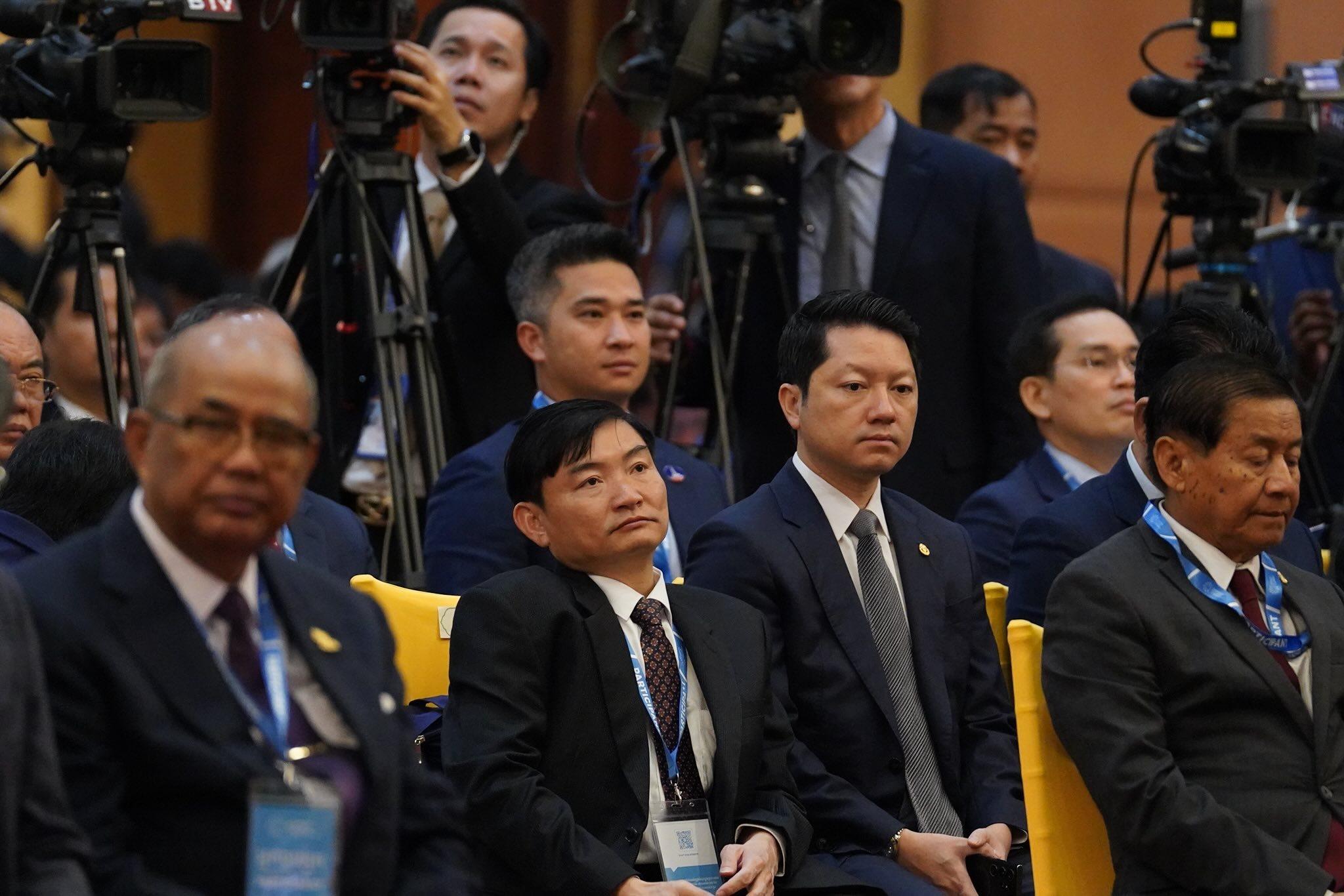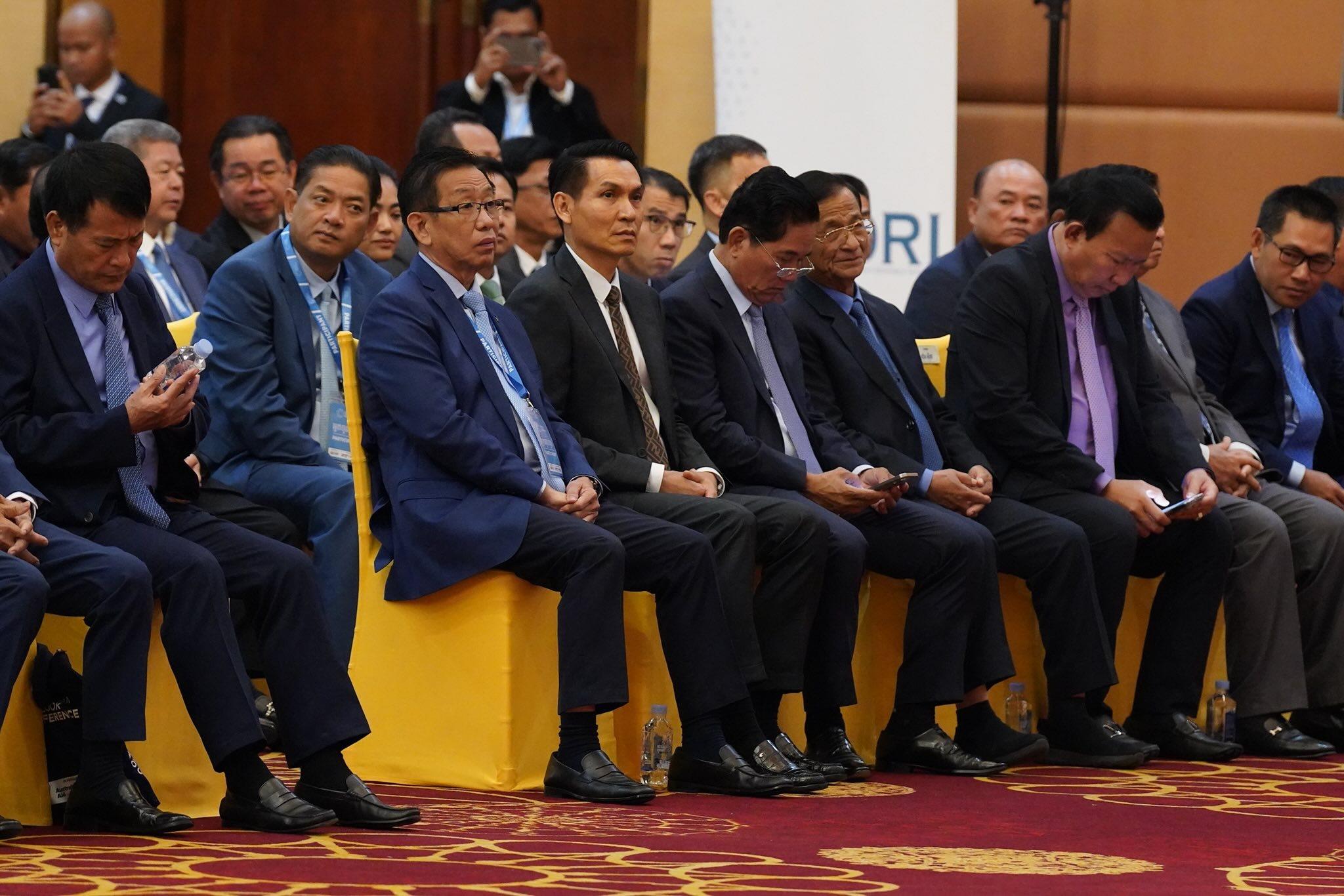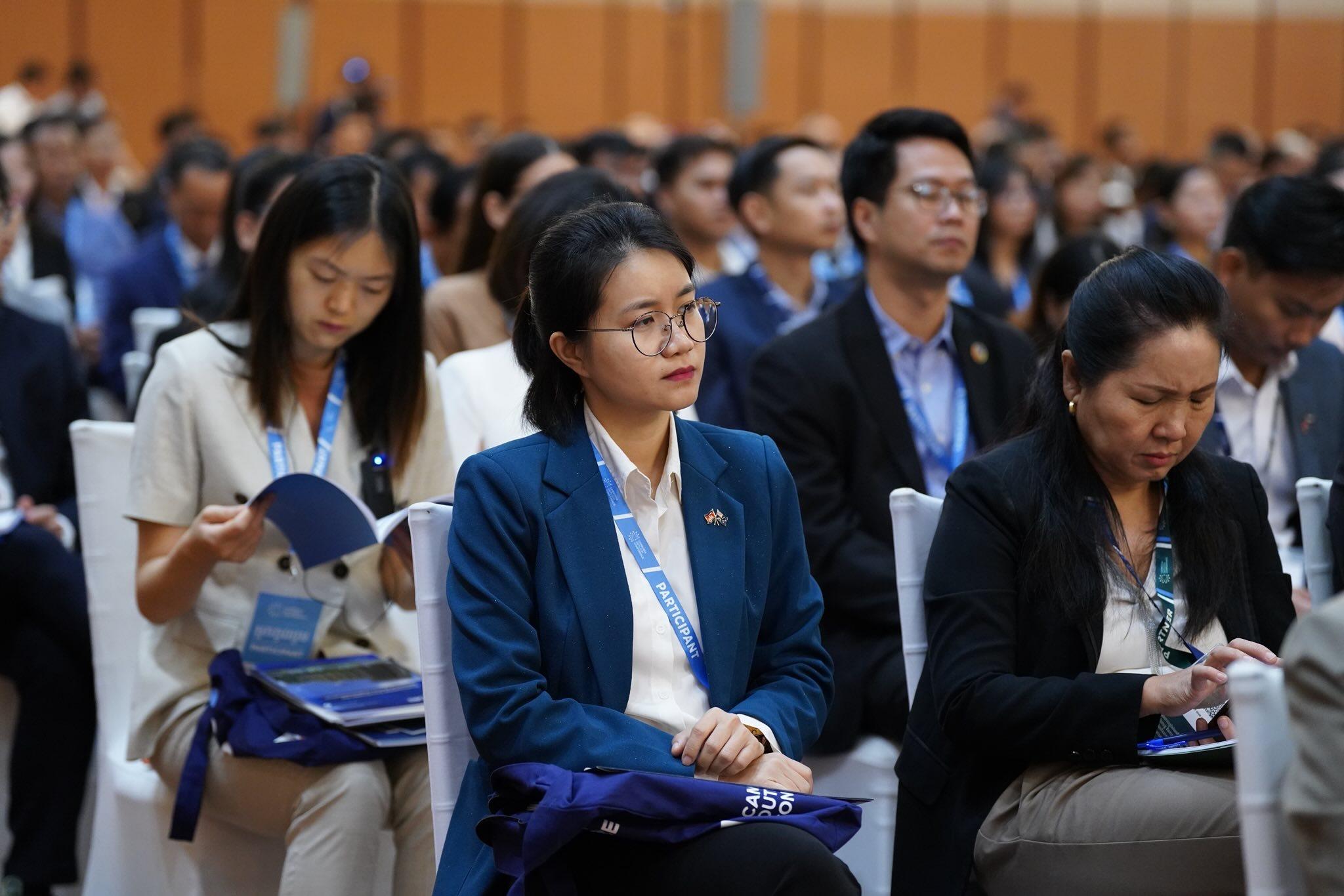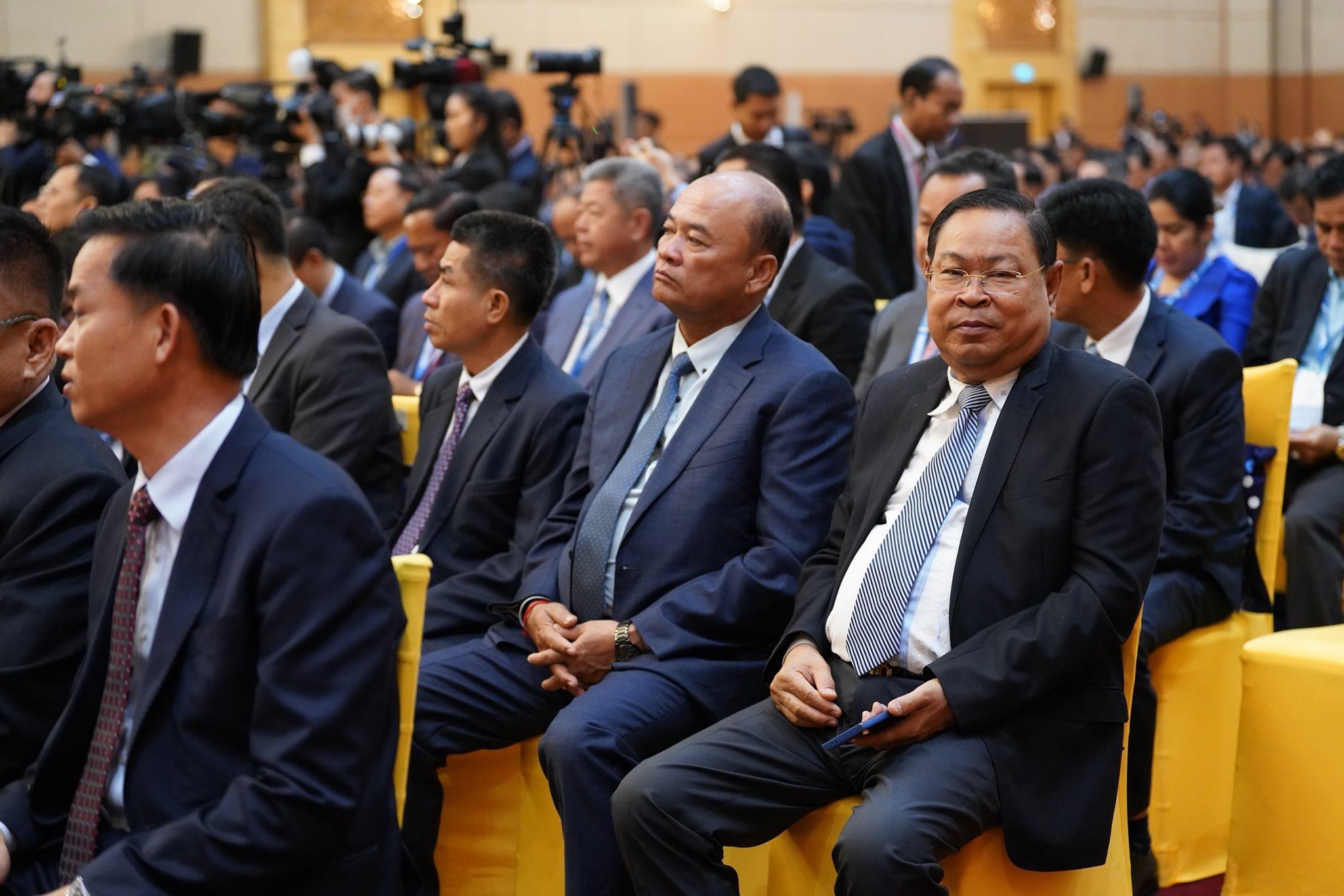Phnom Penh (FN), Mar. 4 – Cambodian Prime Minister Hun Manet affirmed that the Royal Government of Cambodia does not rely on sentiment analysis as a basis for policy formulation. Instead, policies are developed based on comprehensive input from all stakeholders, reflecting the actual social context and are continuously monitored, adjusted, and strengthened during implementation.
The premier spoke on Tuesday (Mar. 4) during Cambodia Outlook Conference 2025, held at Sokha Phnom Penh Hotel.
Samdech Thipadei recalled a recent discussion with Aun Pornmoniroth, Minister of Economy and Finance, regarding measures to support Cambodia’s aviation sector, particularly helping airlines reduce costs and facilitate passenger transportation from abroad, including through charter flights. He underlined that such initiatives result from regular discussions, data collection, analysis, and the development of implementation mechanisms.
Samdech Thipadei continued, “There are many forms of analysis, and I always distinguish between scientific analysis and sentiment analysis. Policies should not be based on sentiment analysis. Data collection is not simply done through Google. Instead, we rely on official data to guide decision-making.”
At the Cambodia Outlook Conference 2025, the Royal Government will assess findings, synthesise expert opinions at both national and sub-national levels, and review them in relation to ongoing policies. This will help determine the progress of policy implementation, identify challenges in different sectors, and make necessary adjustments or enhancements.
On the occasion, the premier continued that policy formulation requires contributions from experts across various fields, working together to create comprehensive and practical policies. No policy is perfect, but it should be effective enough to address key challenges. The government’s approach is collaborative, not dictated by a single individual.
Samdech Thipadei also stated that policies must remain adaptable to changing economic and global conditions. When we first developed certain policies, there was no trade war. Now, there are signs of an impending trade war. Similarly, the development of artificial intelligence (AI) is progressing faster than anticipated. This is why continuous monitoring is essential.
=FRESH NEWS
